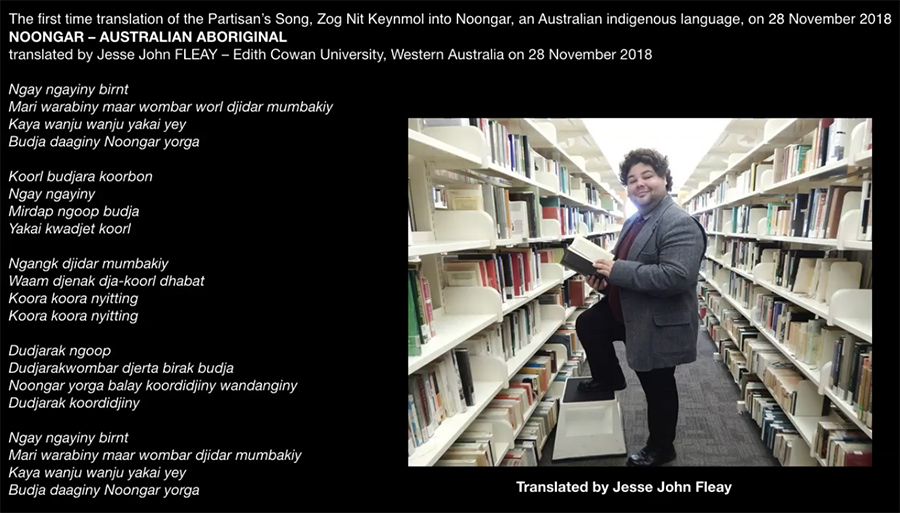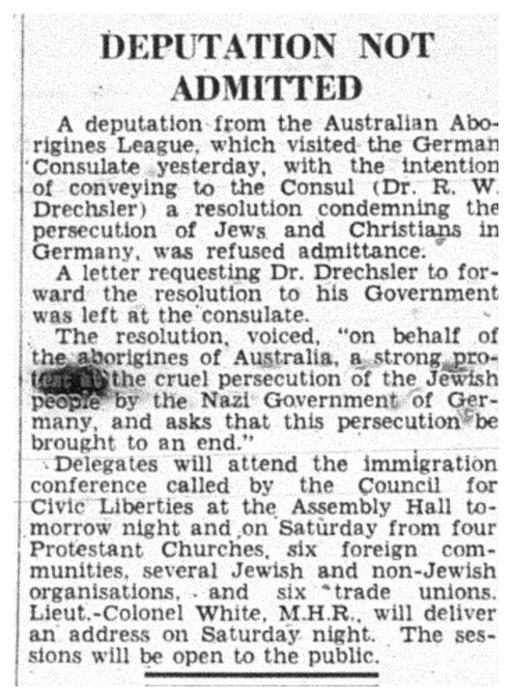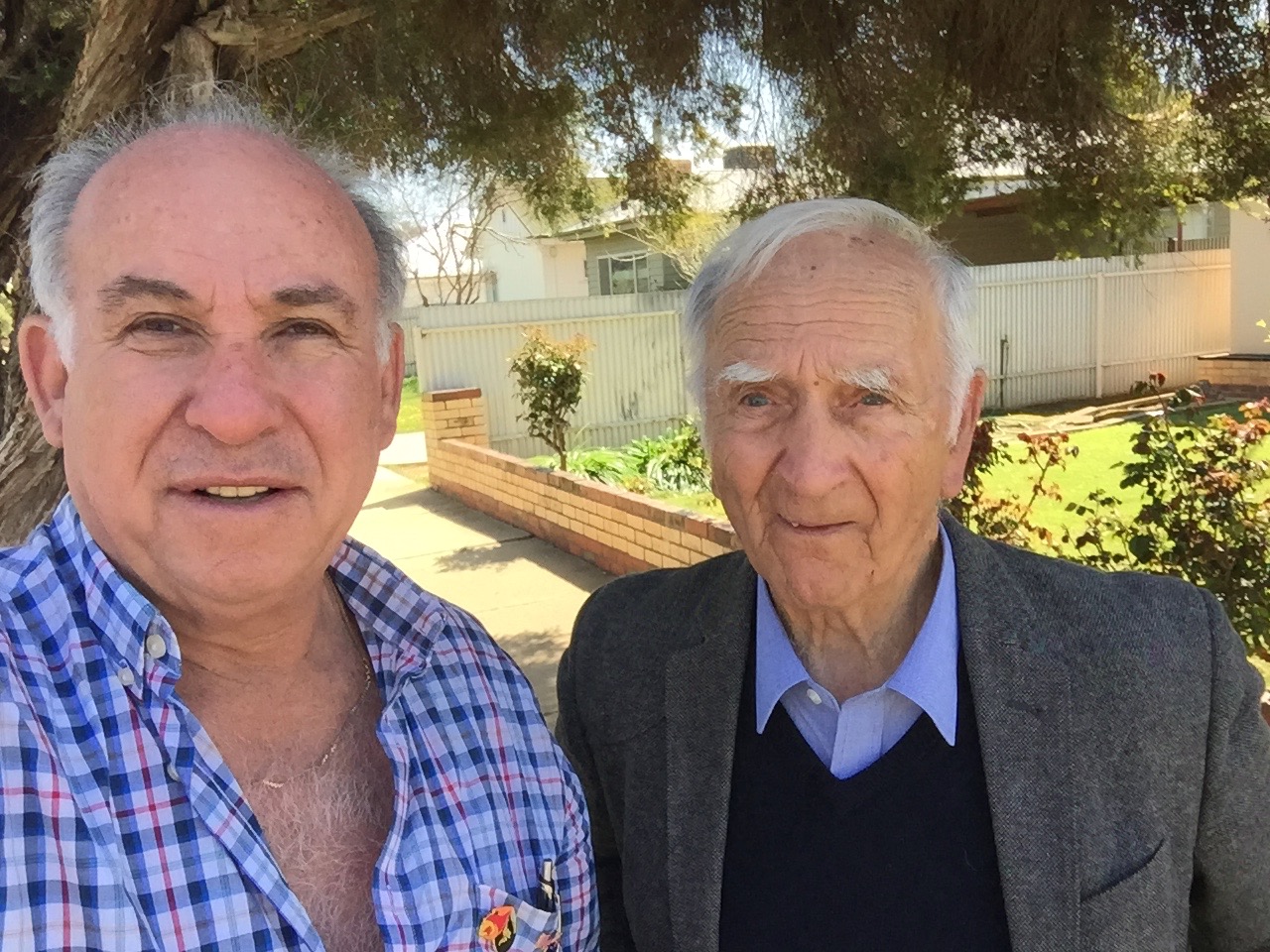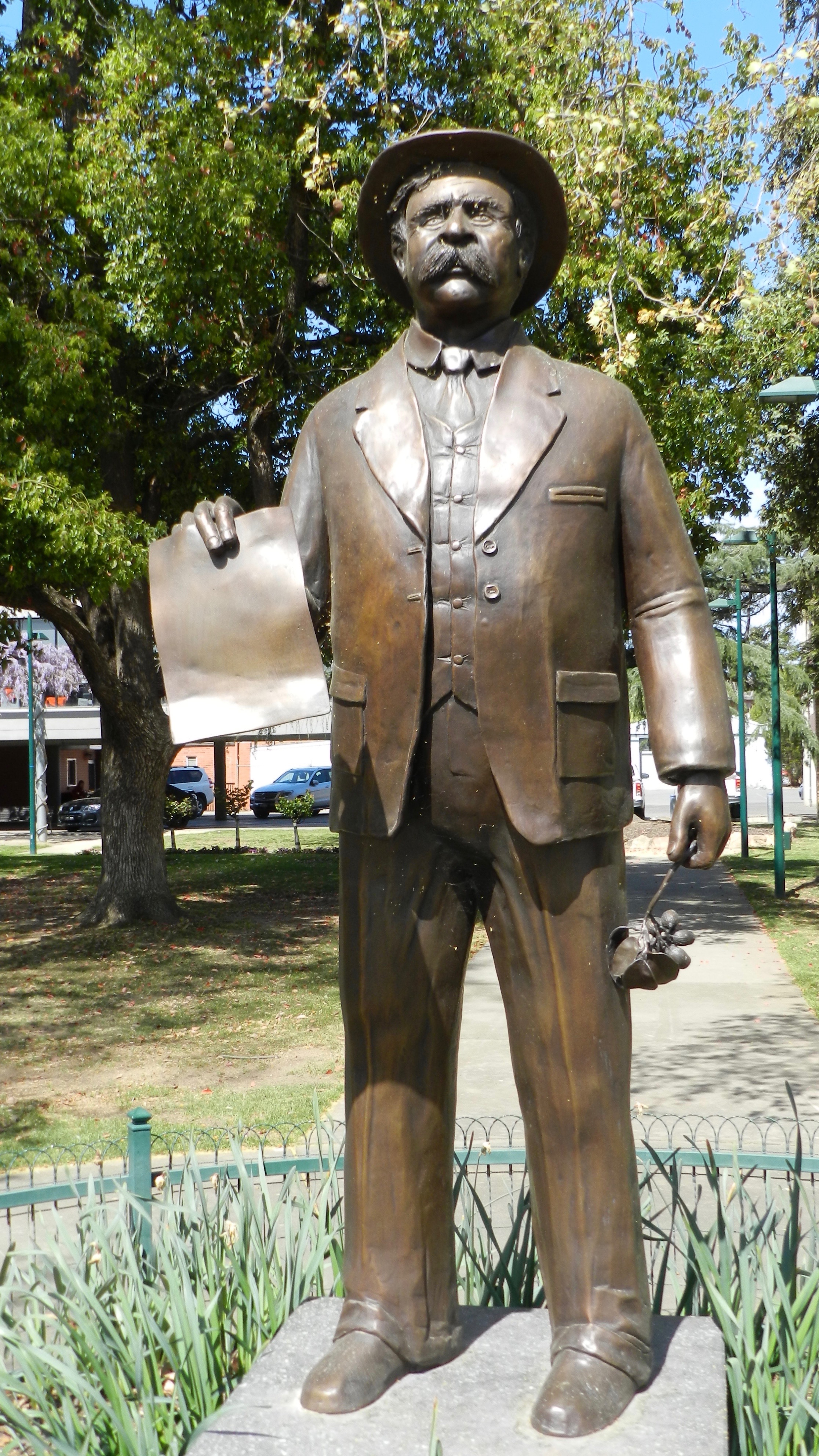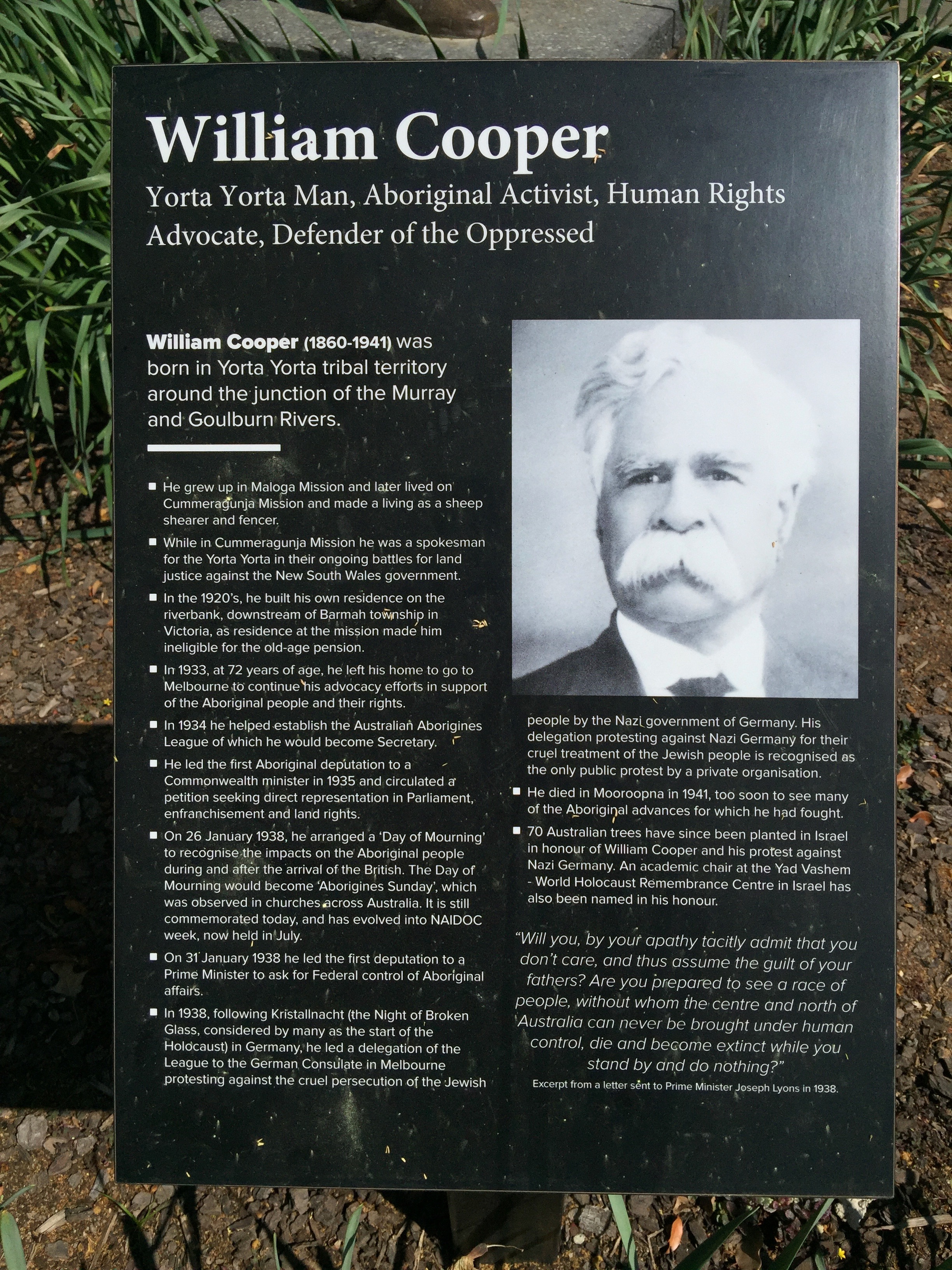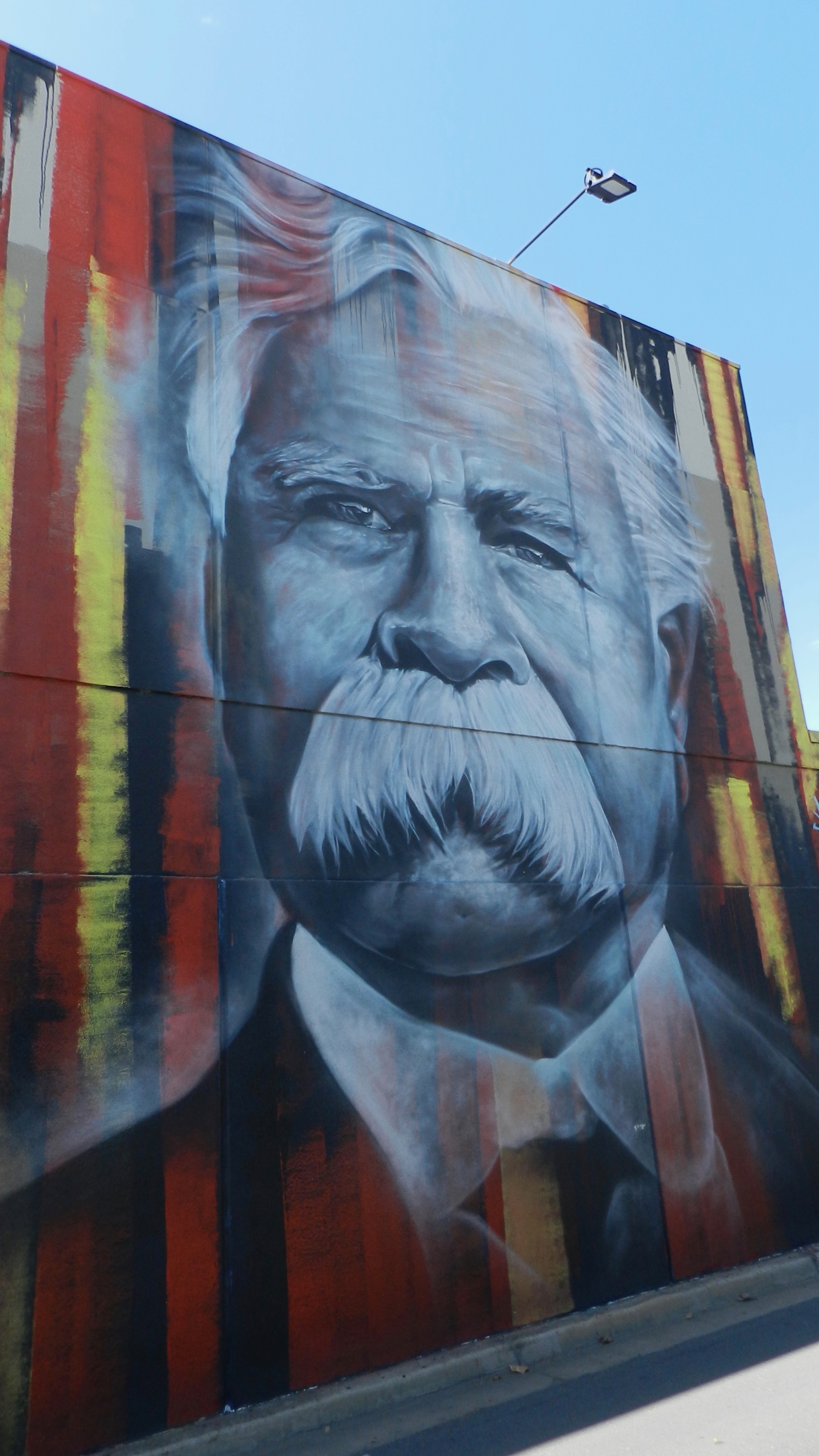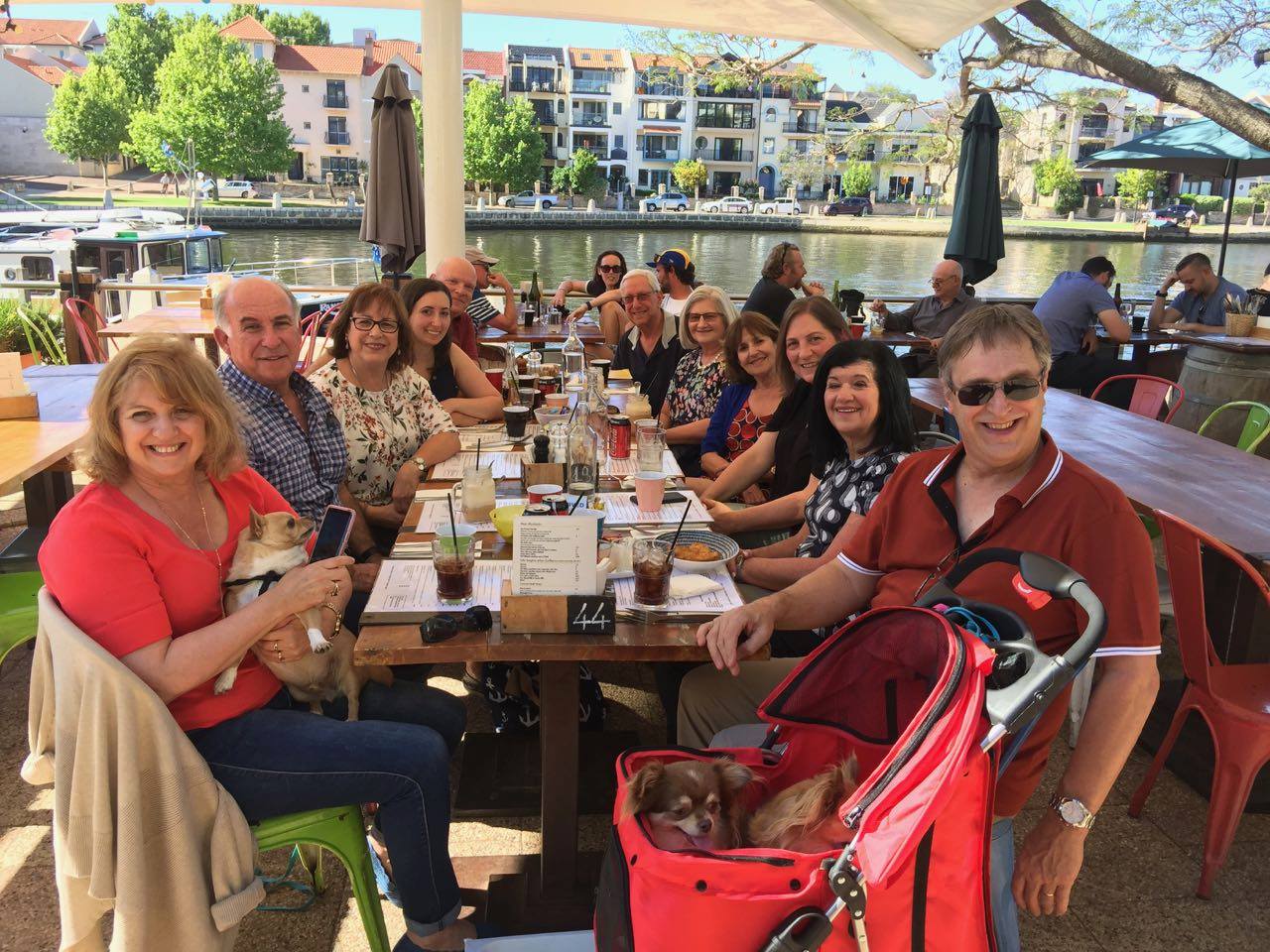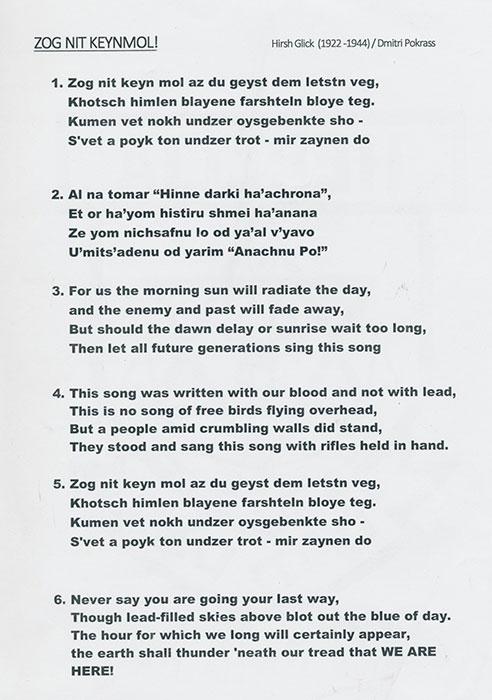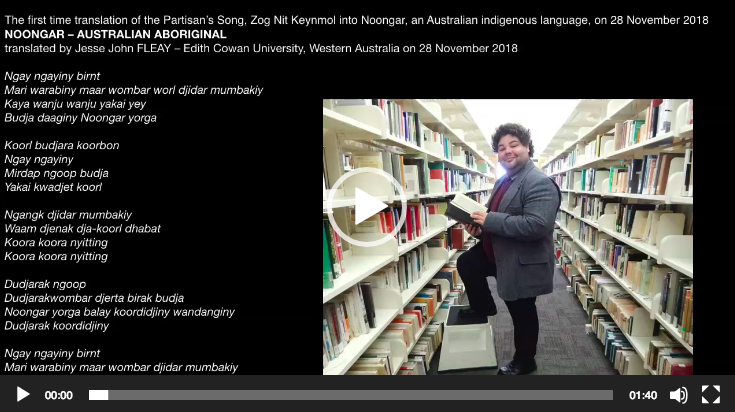Greetings to all our Keidaner community and friends!
from Aryeh (Leonard) Shcherbakov
secretary of the Association of Keidaners in Israel

For those of you who are not members of the “Roots in Keidan” group on Facebook, and couldn’t attend the commemoration meeting, we send the following note.
As you know, yesterday, Friday, August 28, 2020, we commemorated the 79th anniversary of extermination of our families, who were brutally slaughtered together with all Jewish community of Kėdainiai (Keidan) in one single day – on August 28, 1941.
Two simultaneous commemoration ceremonies were held at 11:00, one – in Israel, by the memorial dedicated to the lost communities of Kėdainiai, Ariogala, Dotnuva, Krakės, and Šėta, at the old cemetery in Holon, another – in Lithuania, by the mass grave in Kėdainiai.
The first one was conducted by a number of descendants of the Keidan Jewish community living in Israel, the second – by our Lithuanian friends in Kėdainiai, who are faithfully devoted to the preservation of memory of our community.
Israel 28 August 2020
Kedainiai, Lithuania 28 August 2020
We thank all those who attended – both in Lithuania and Israel – as well as those who were with us at this sad hour.
Our special thanks to Mrs.Laima Ardavičienė, who prepared a touching presentation commemorating the tragic fate of our community – “Every single man has a name”:
https://view.genial.ly/5f467a84ab36c80d5988f1ef/presentation-every-single-man-has-a-name
With best regards,
Aryeh (Leonard) Shcherbakov
secretary of the Association of Keidaners in Israel
ashcherbakov@hotmail.com
Kedainiai June 2019




Israel Jul 2019



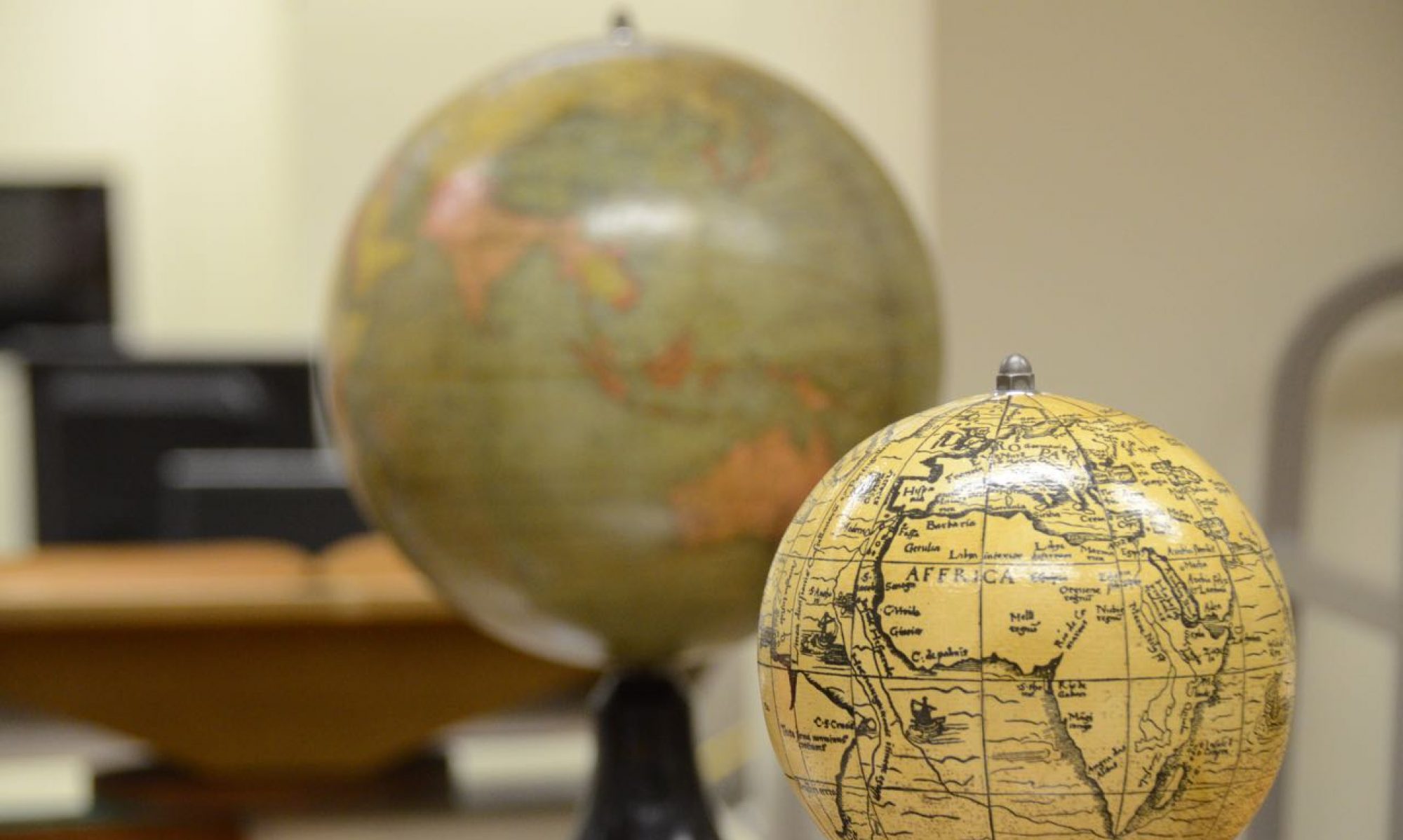




















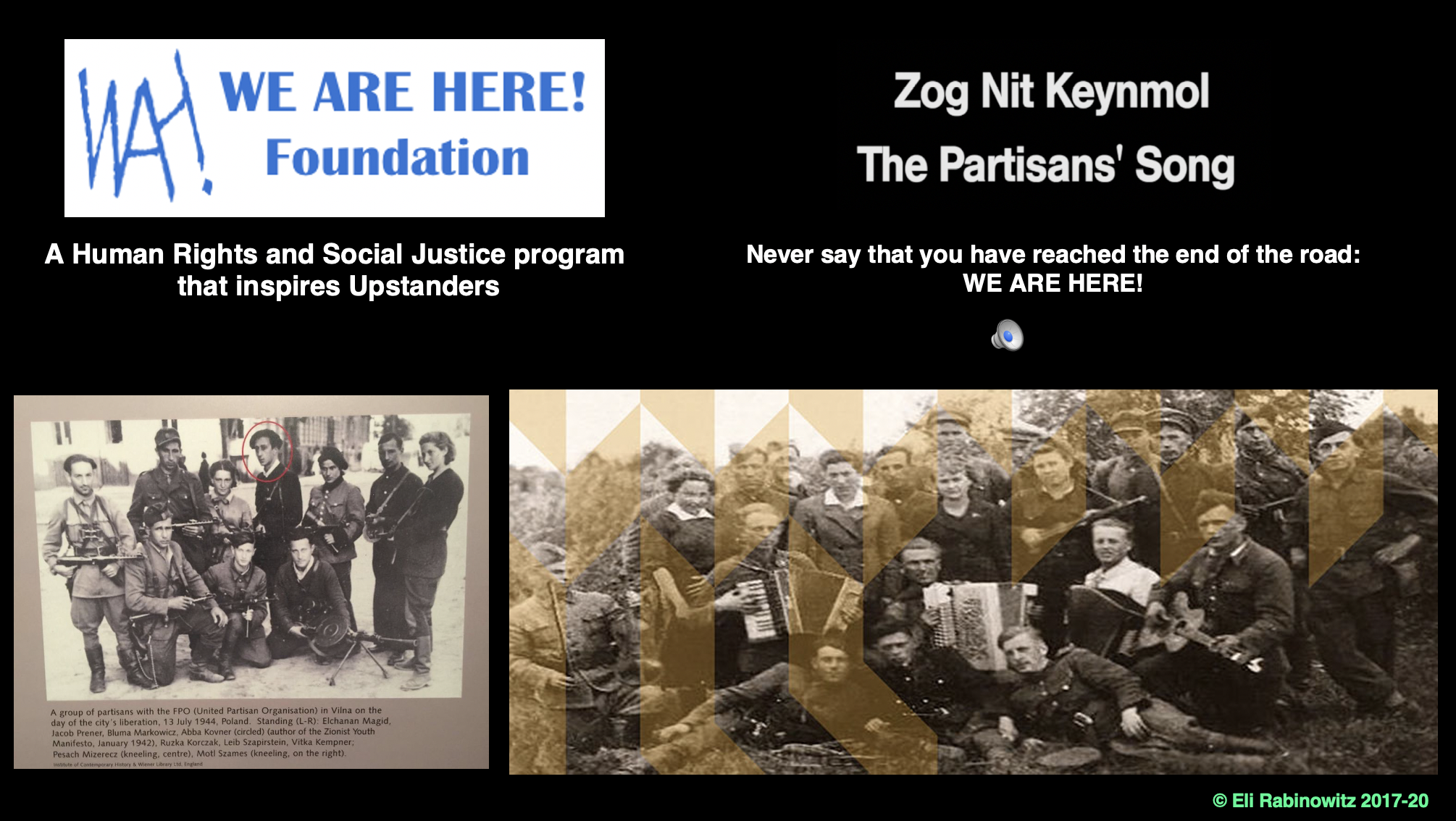
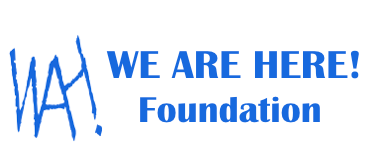
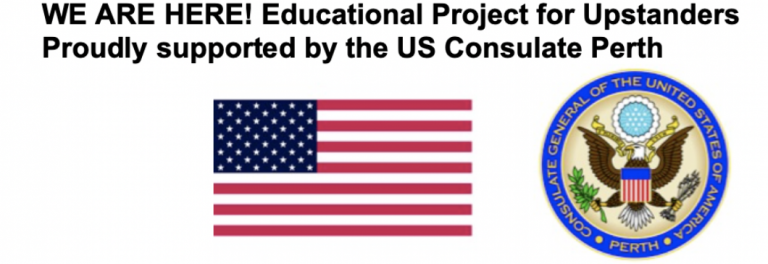




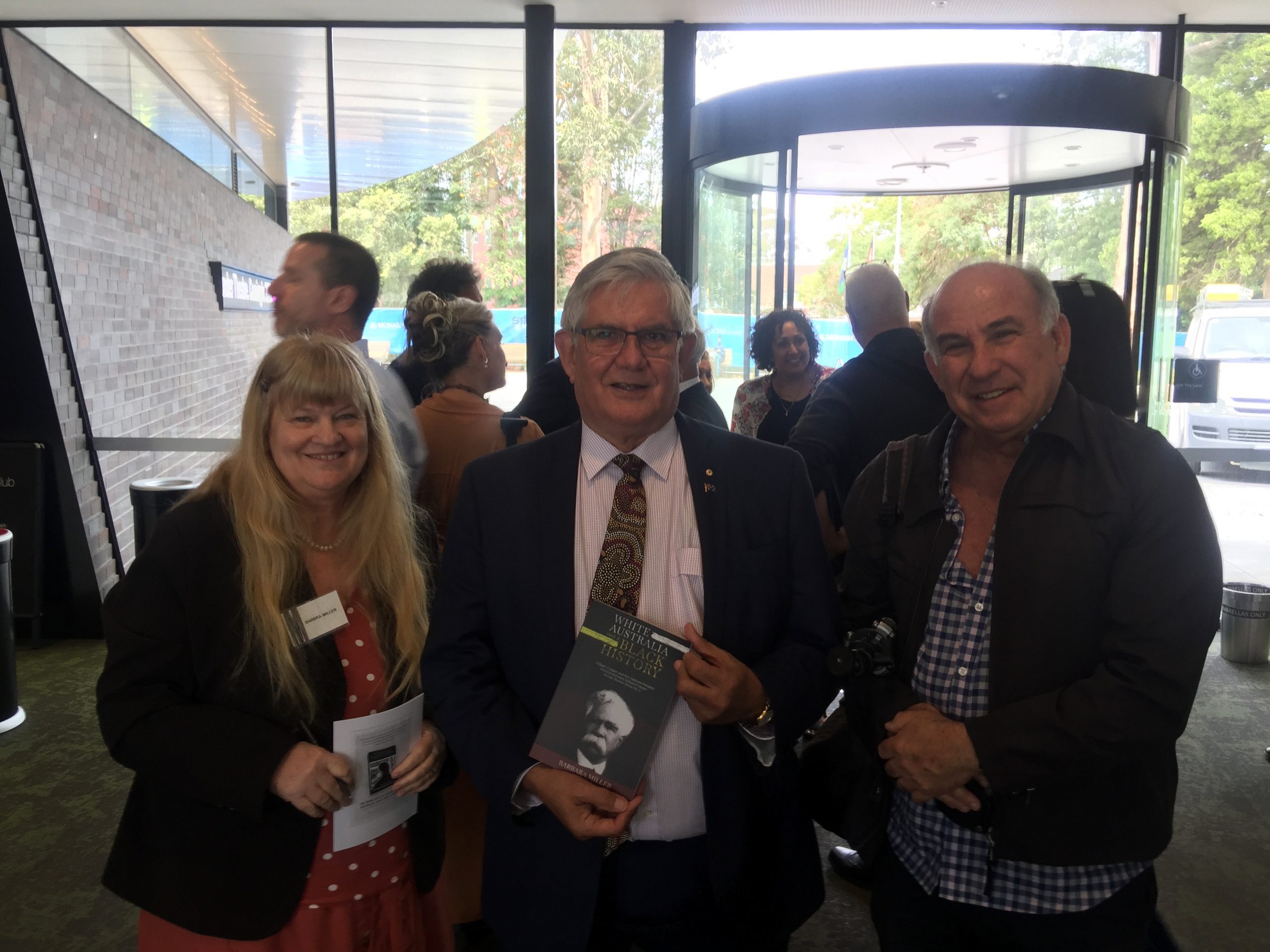
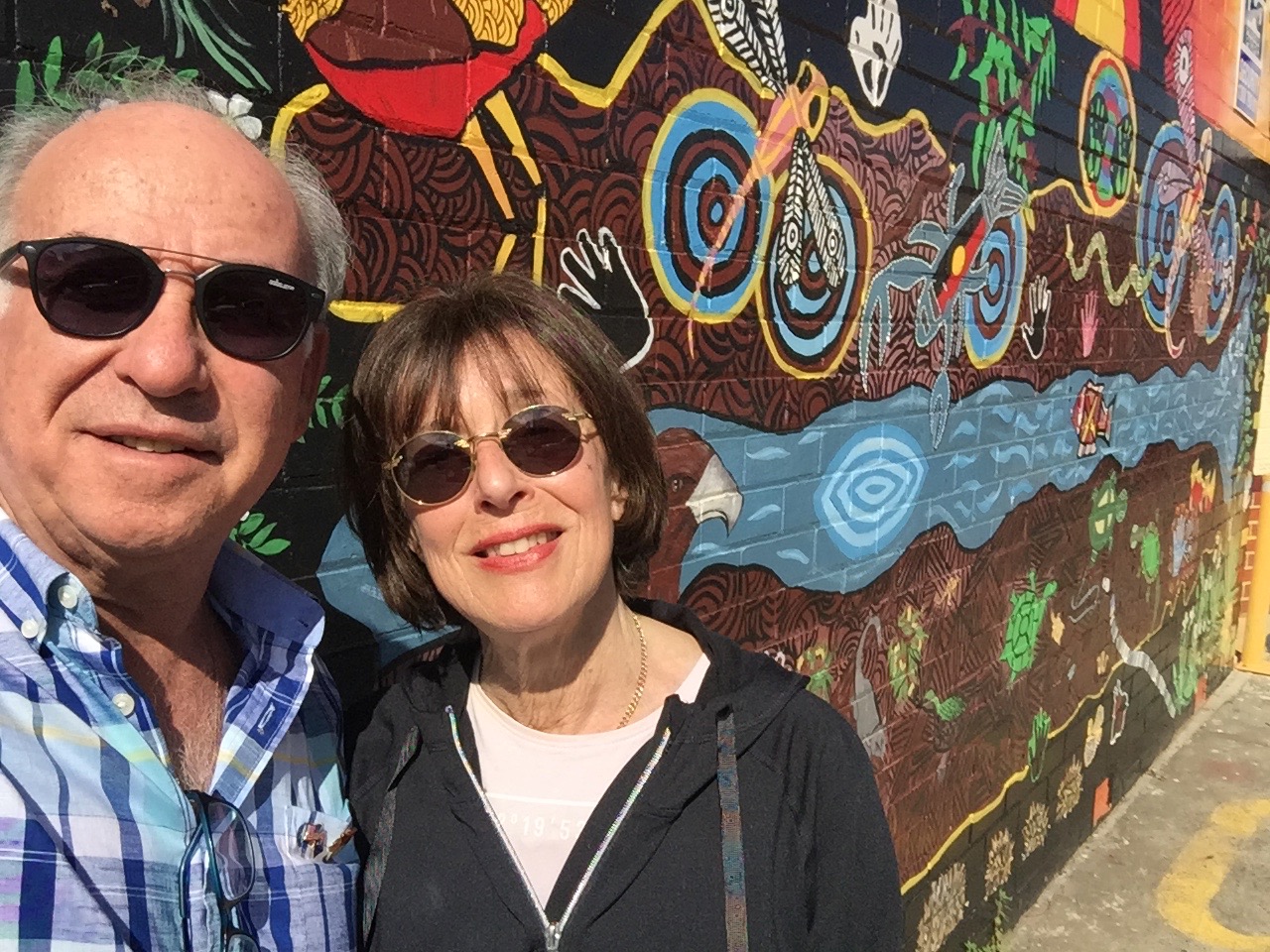


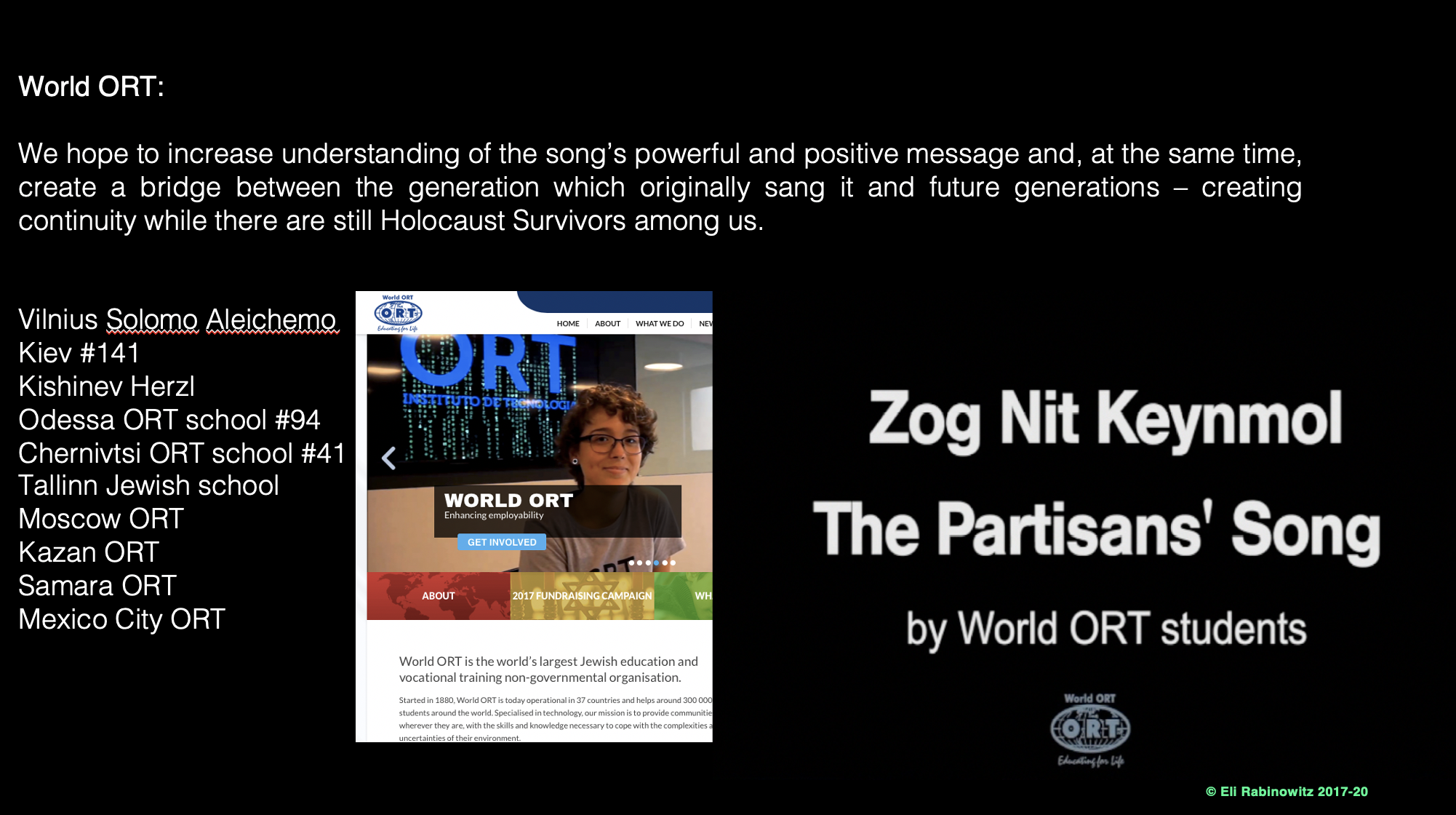
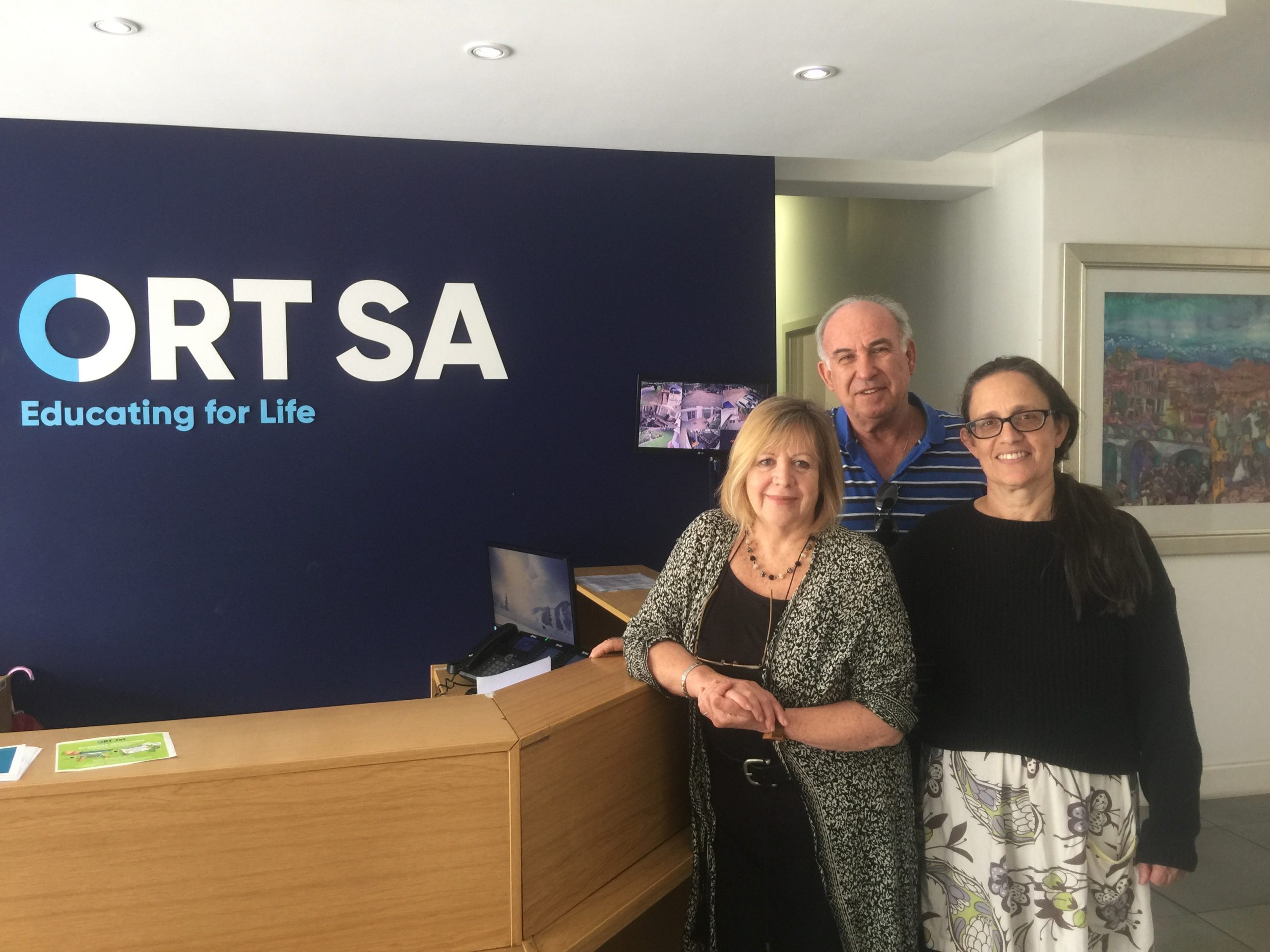
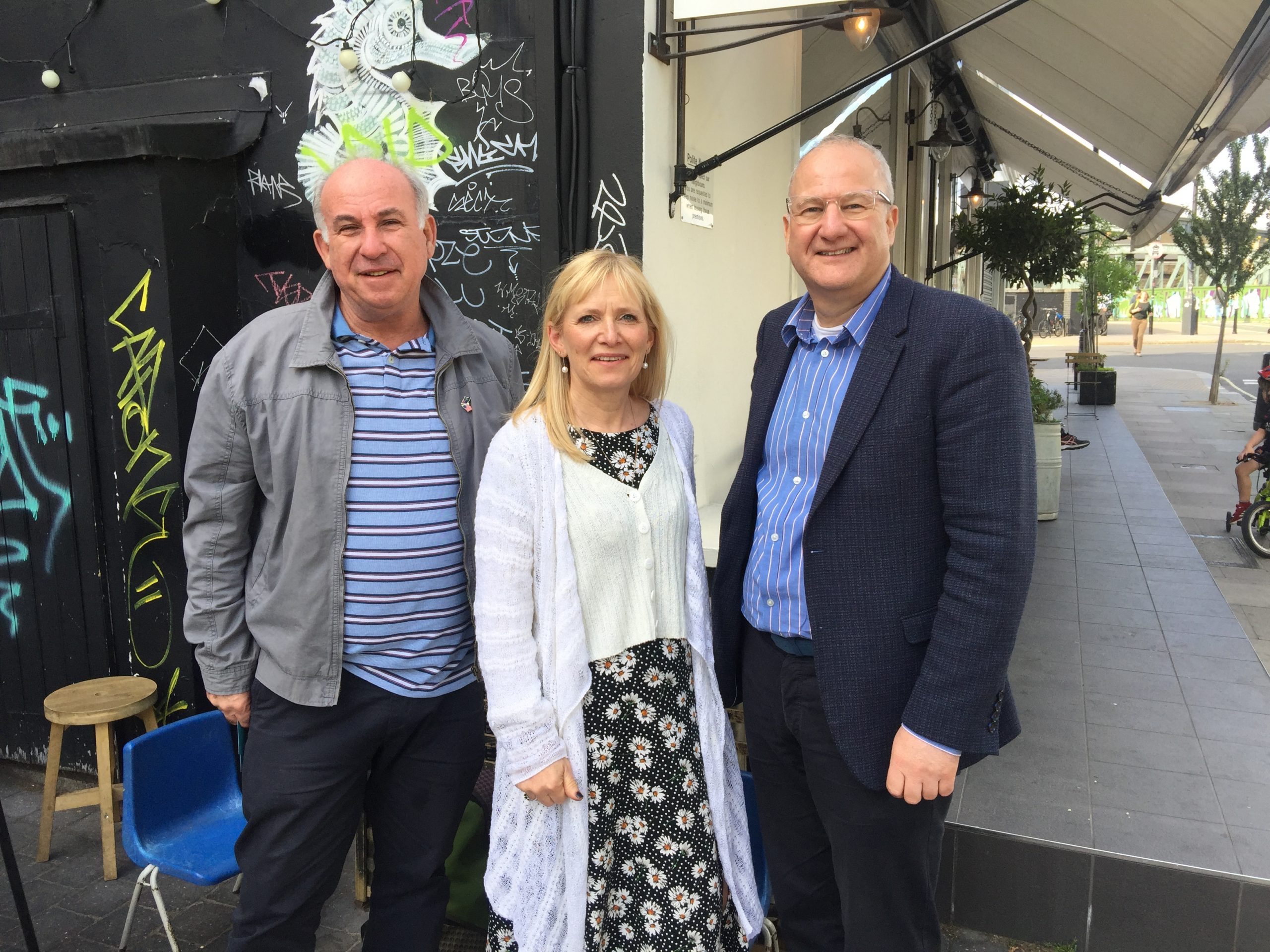

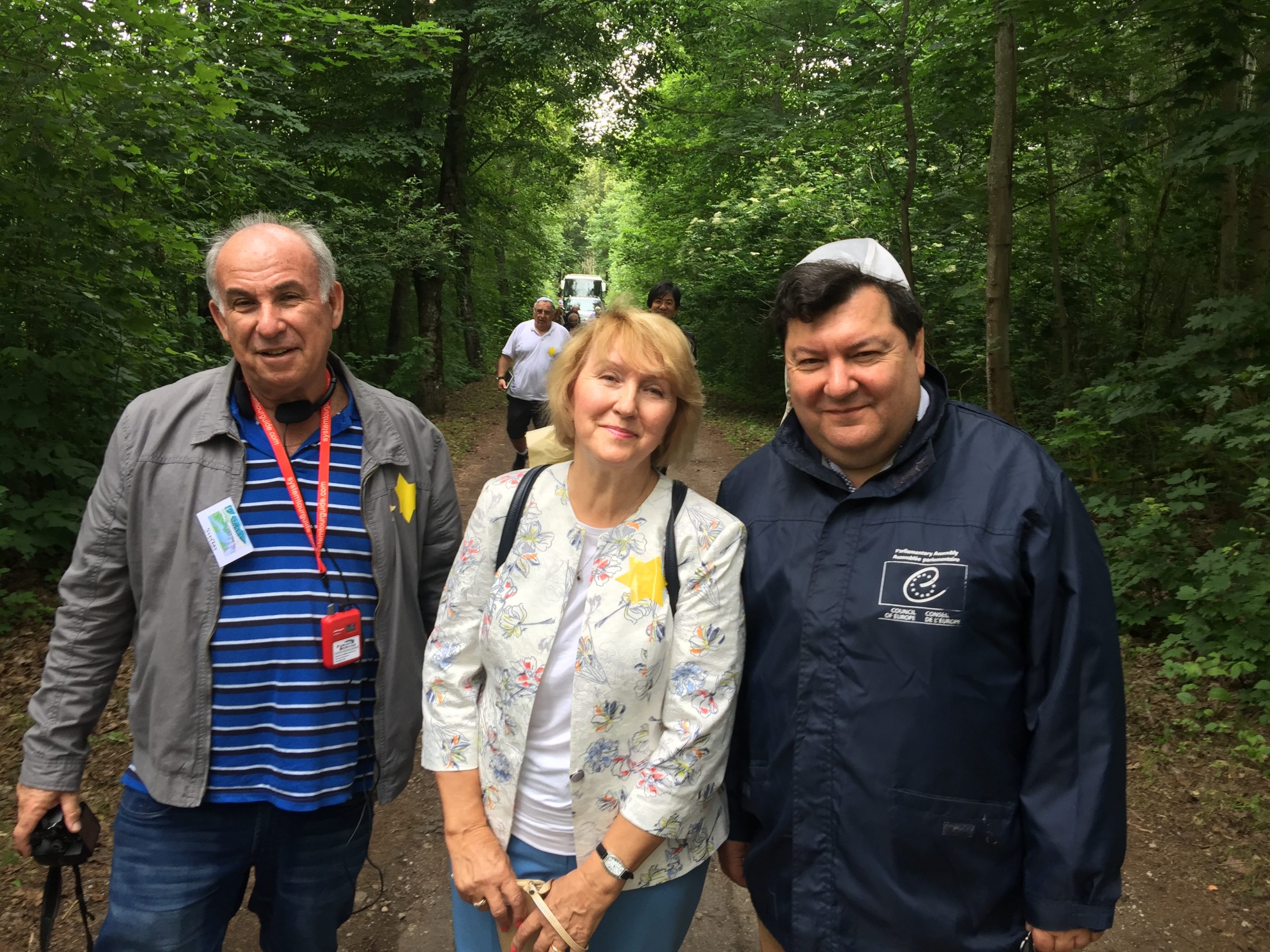




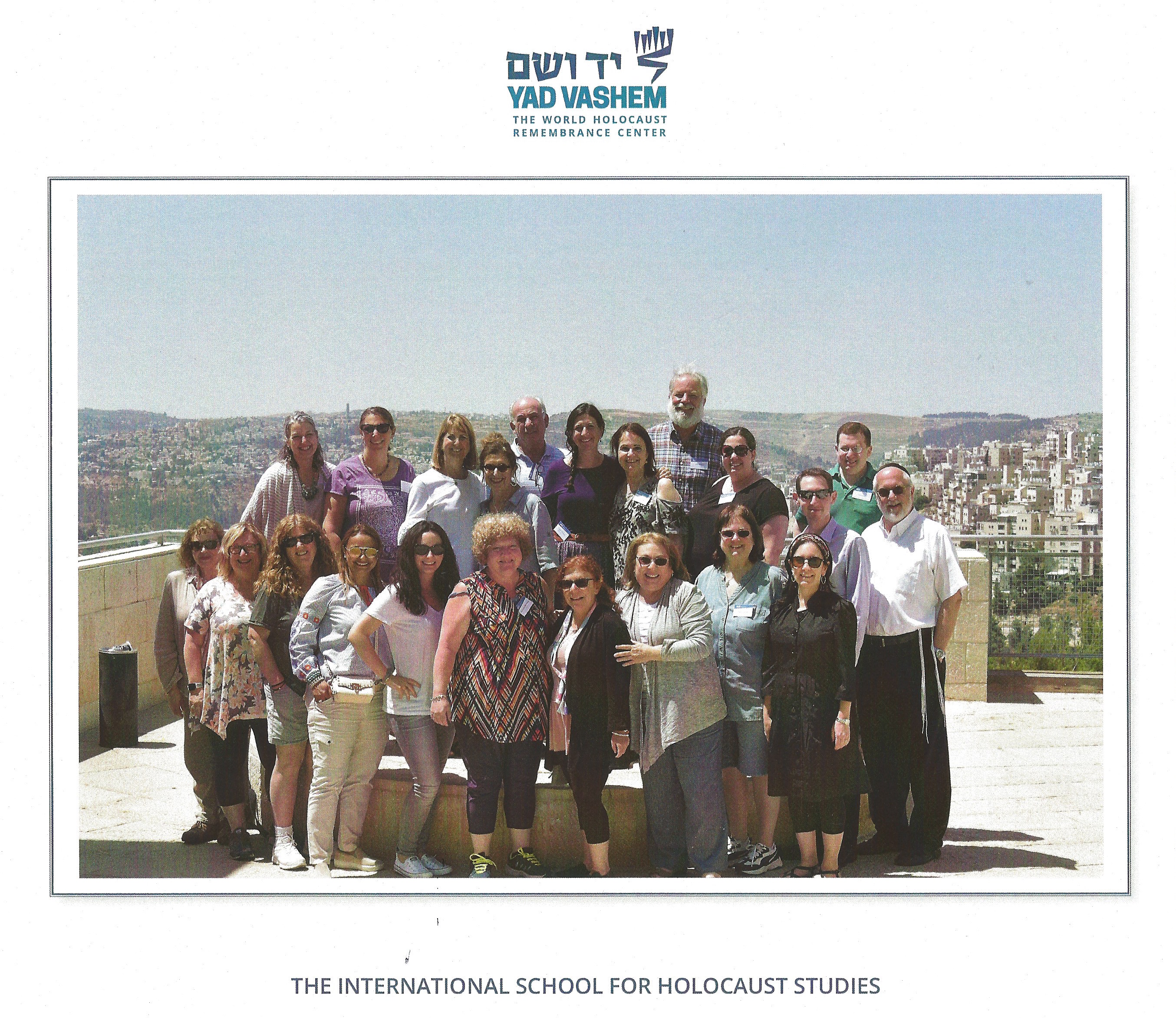
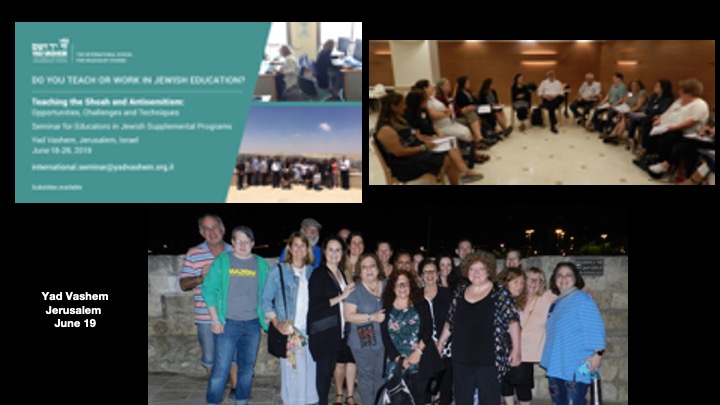




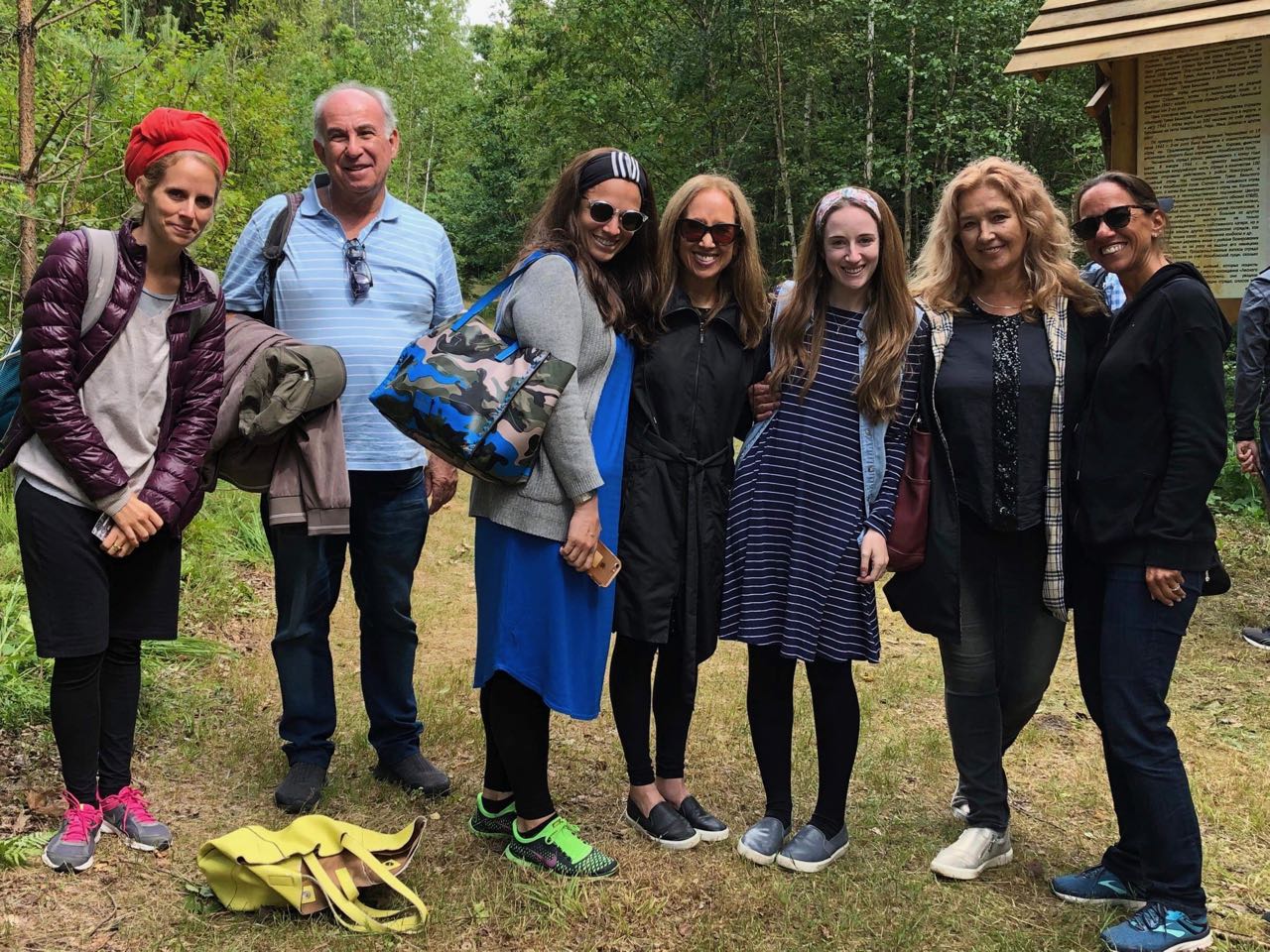
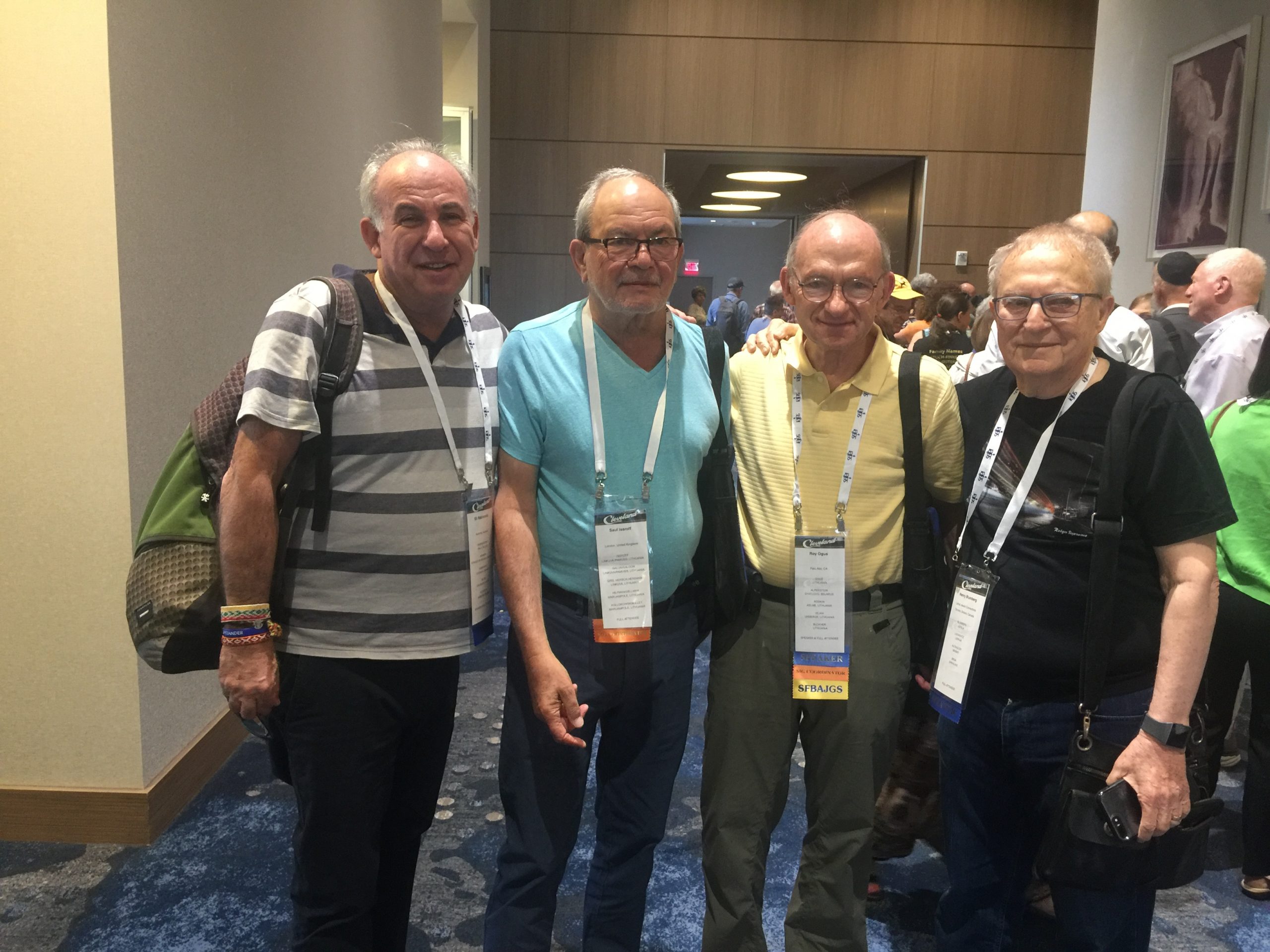






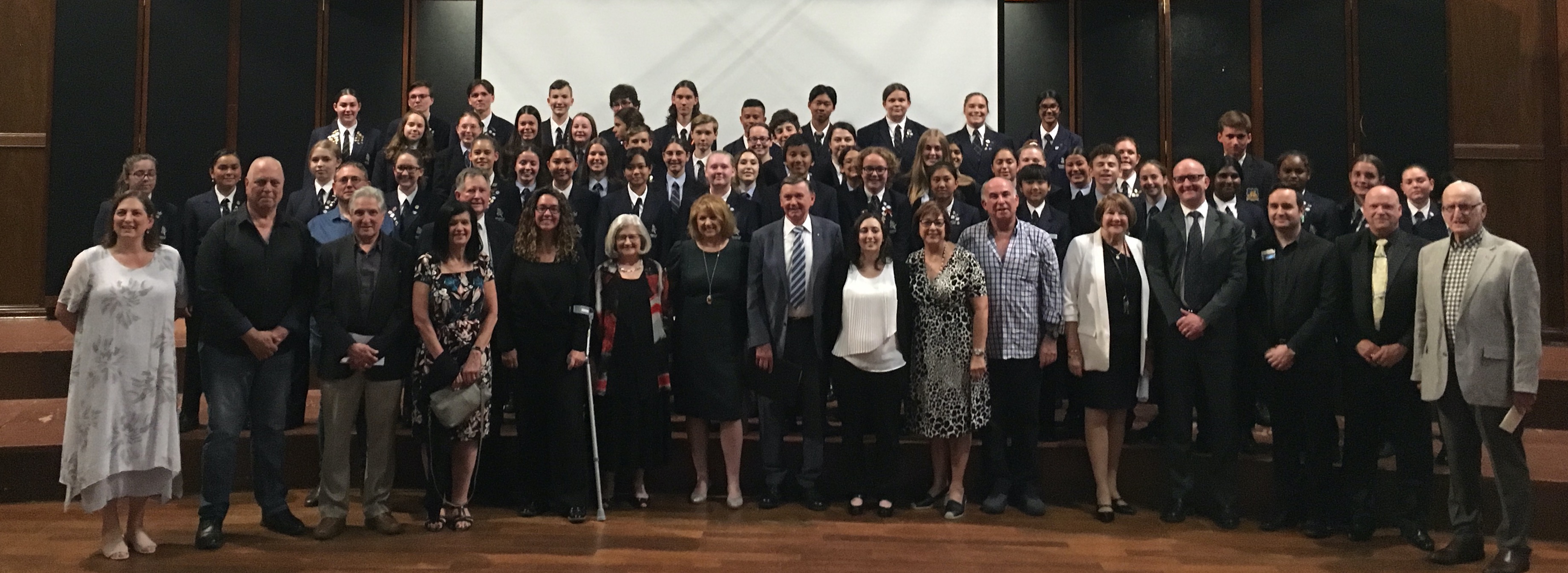



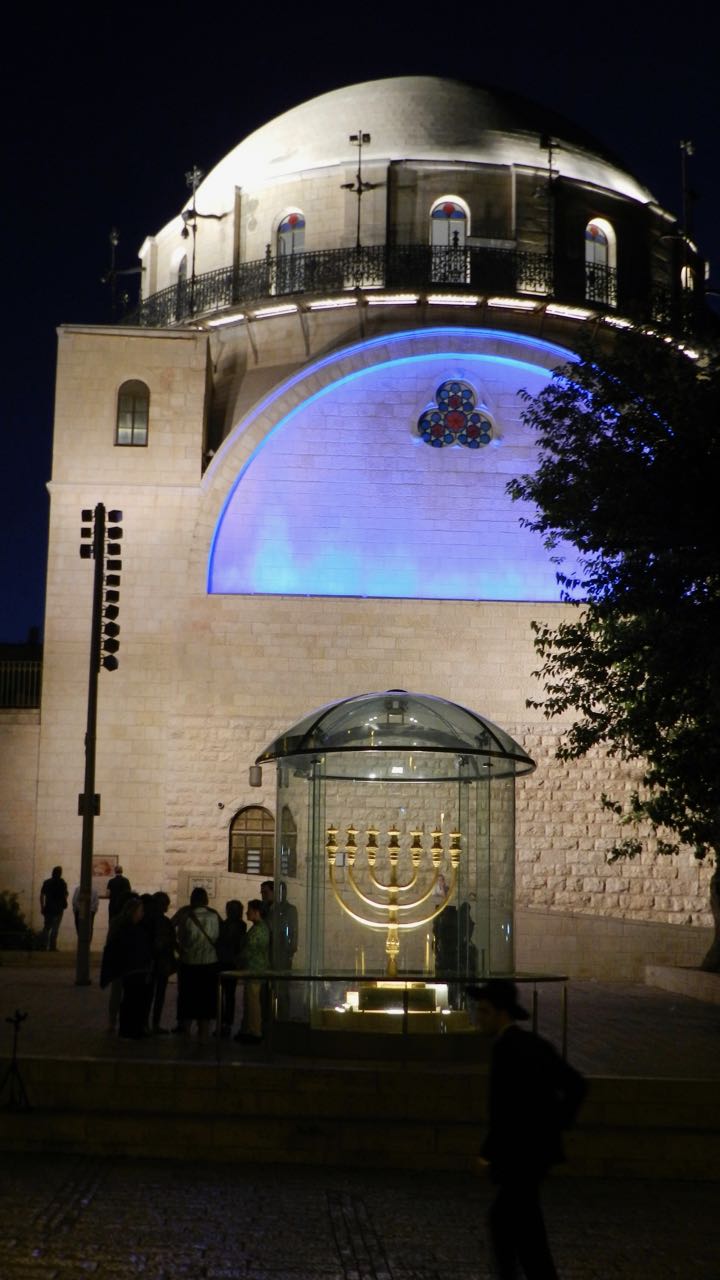

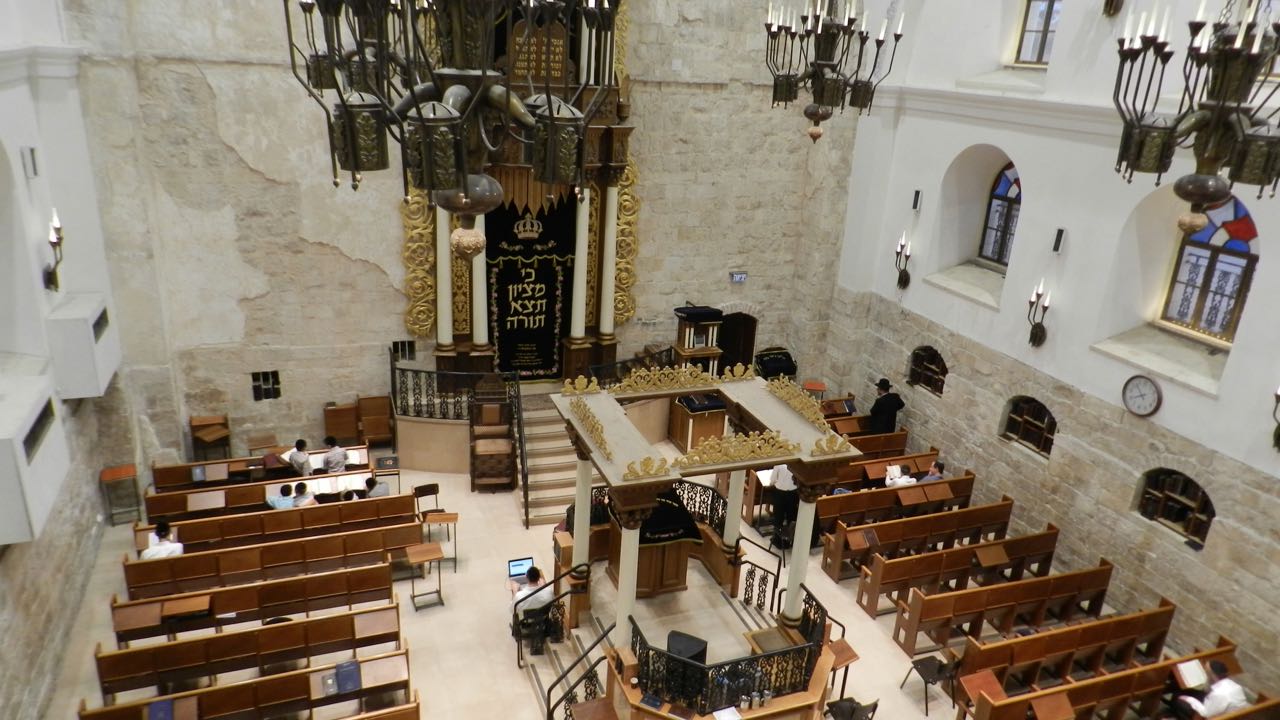








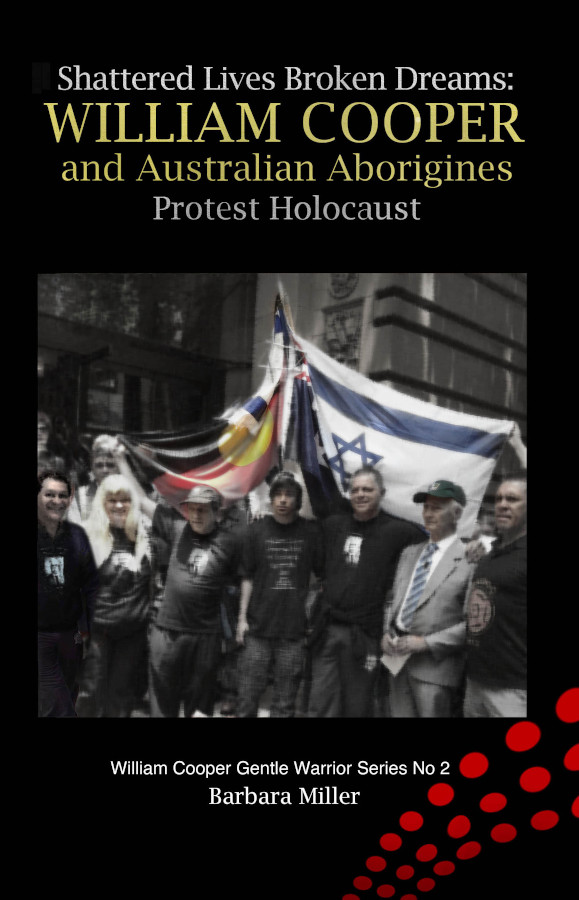
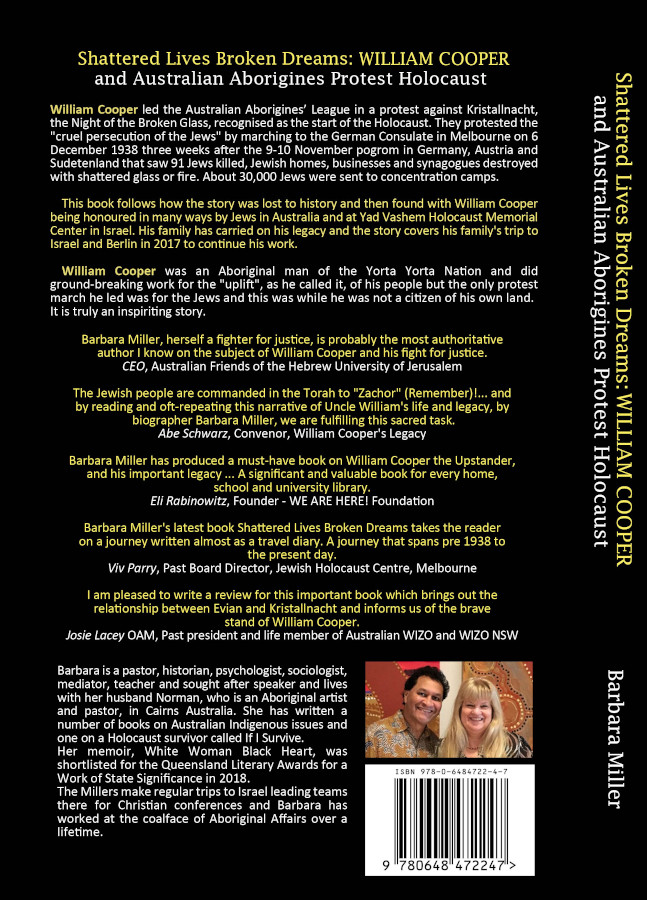
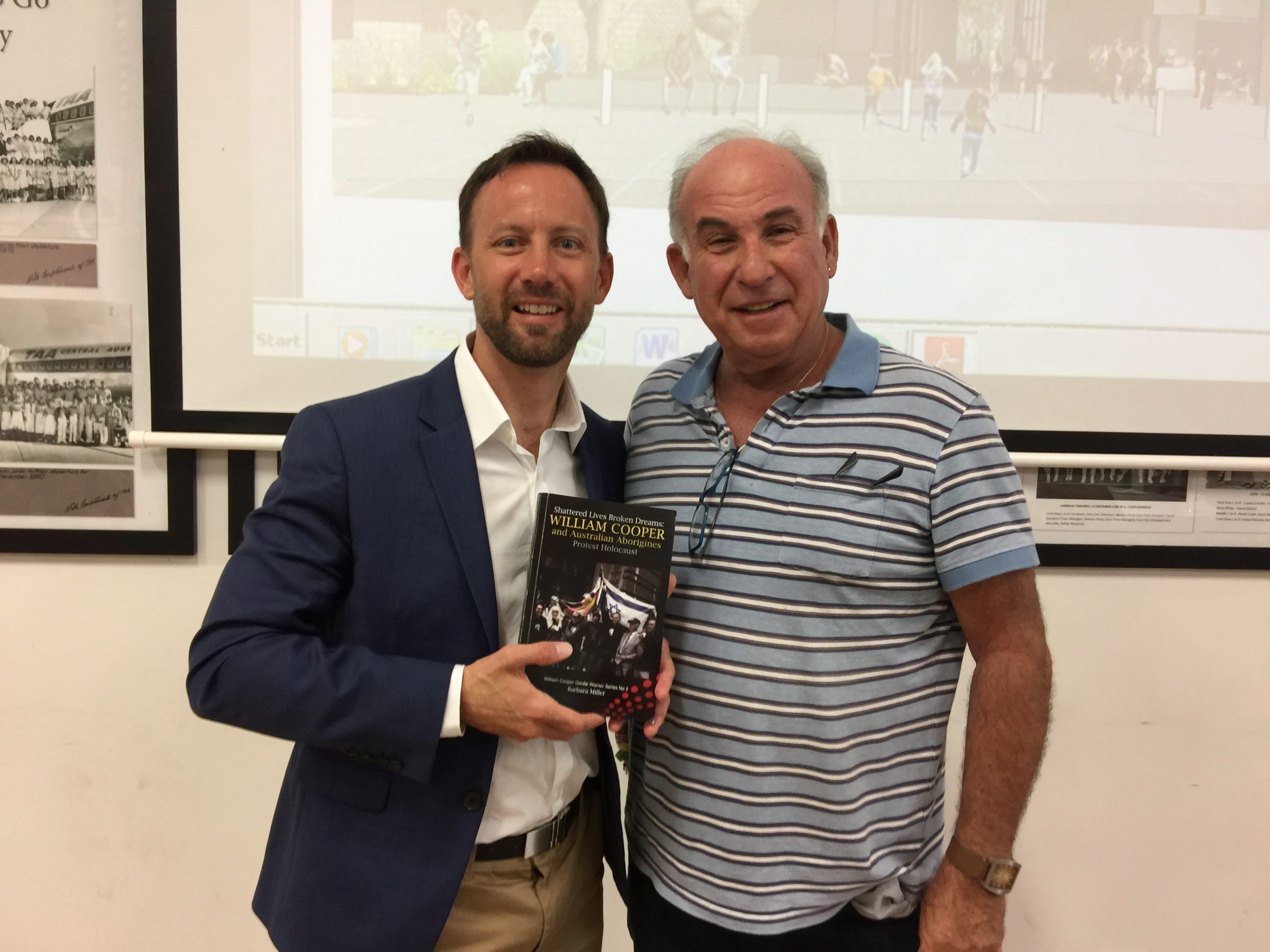
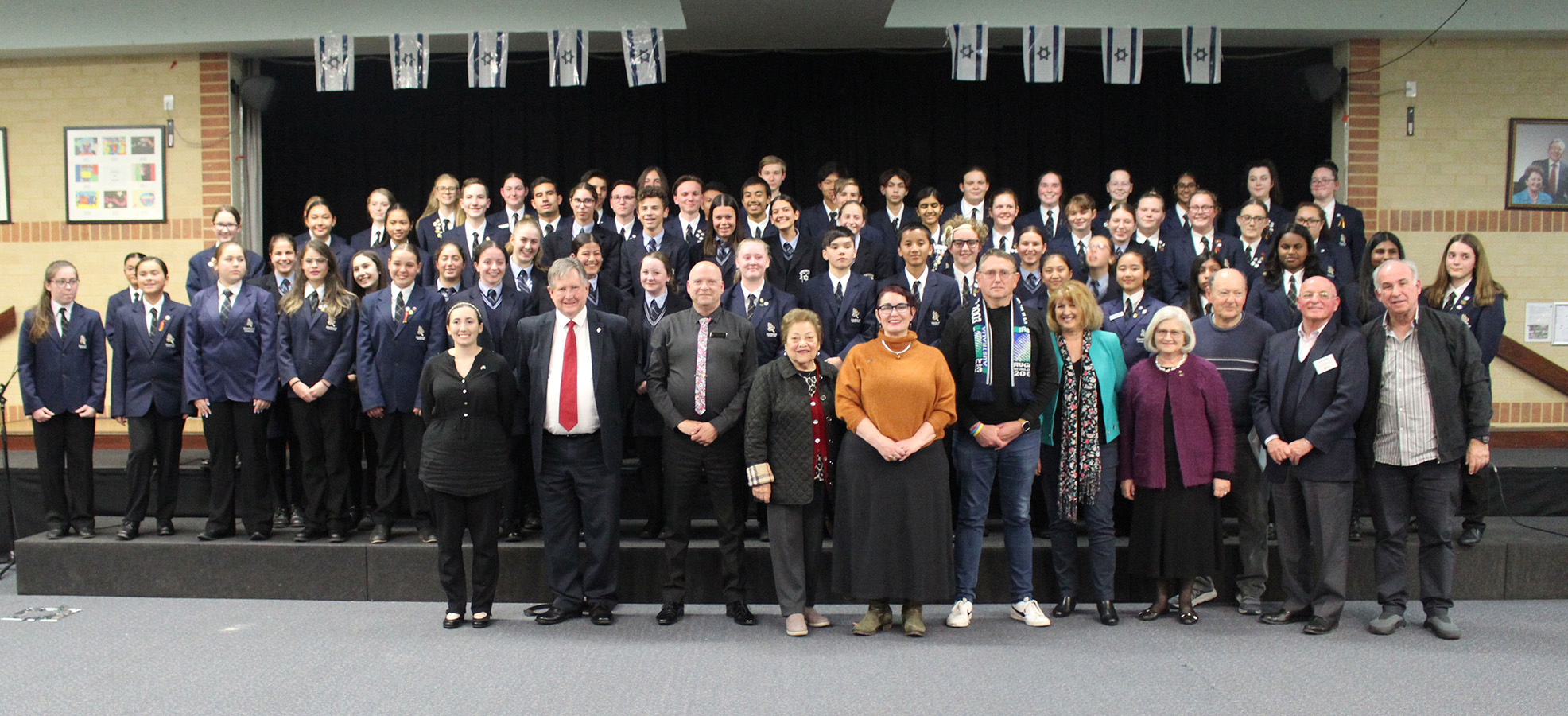
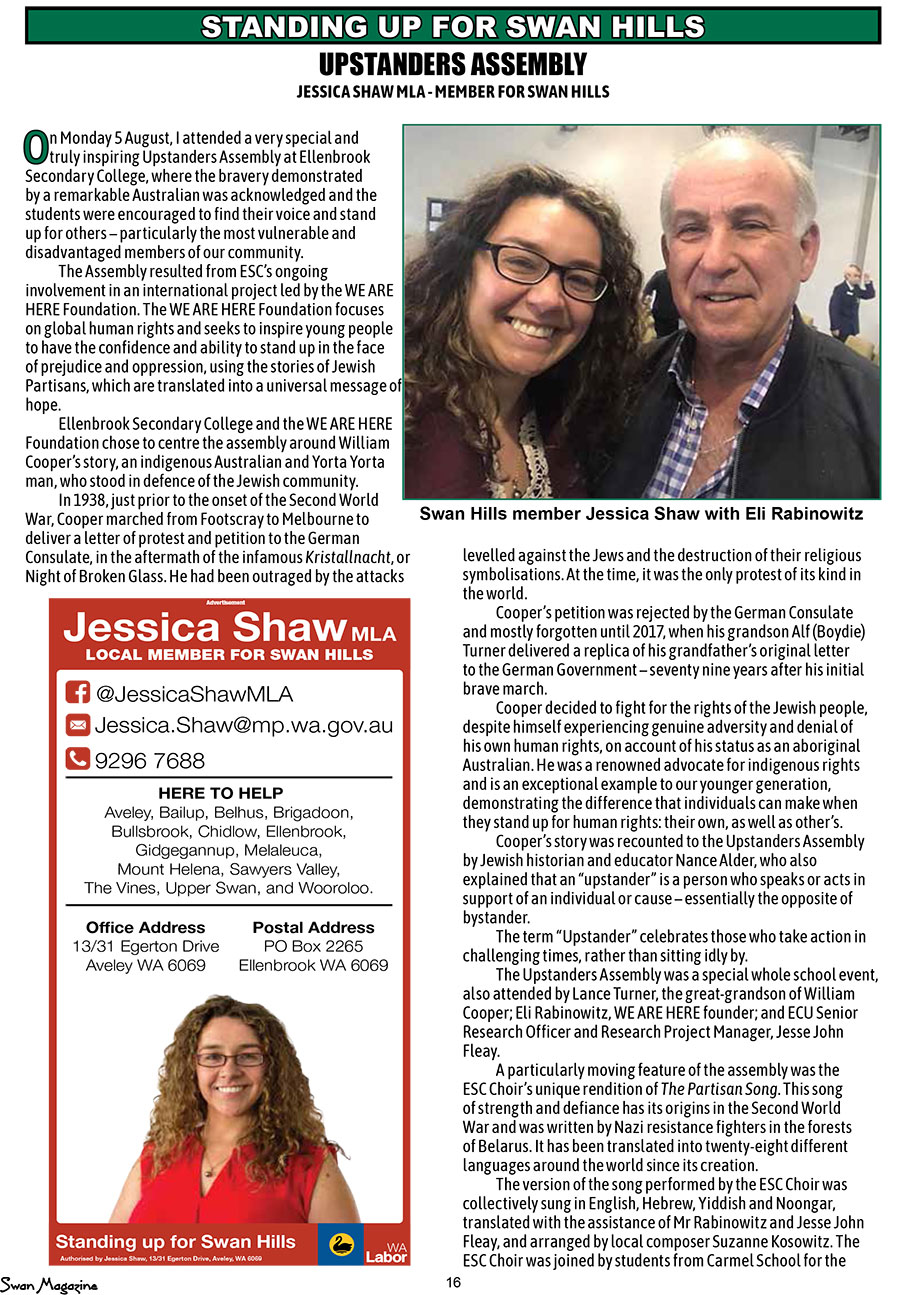
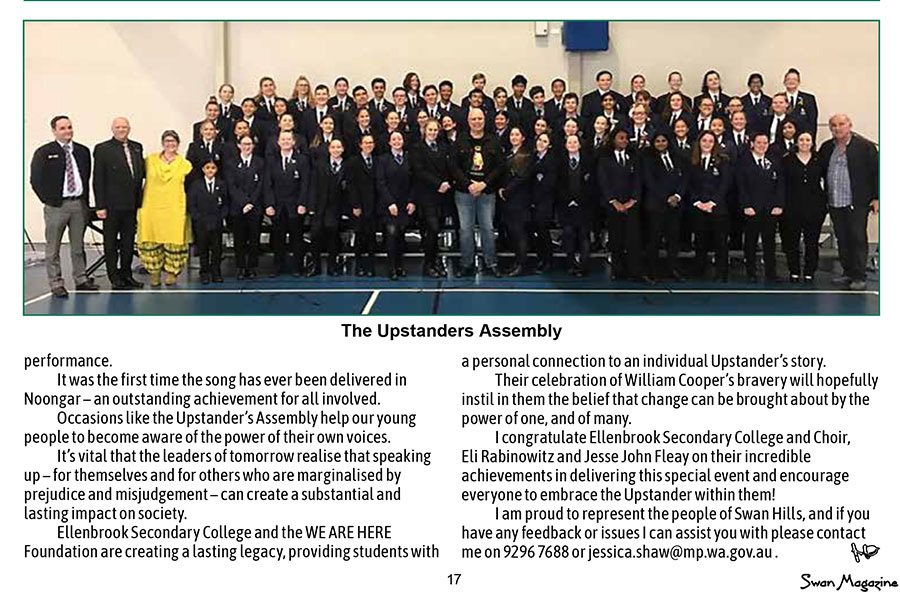
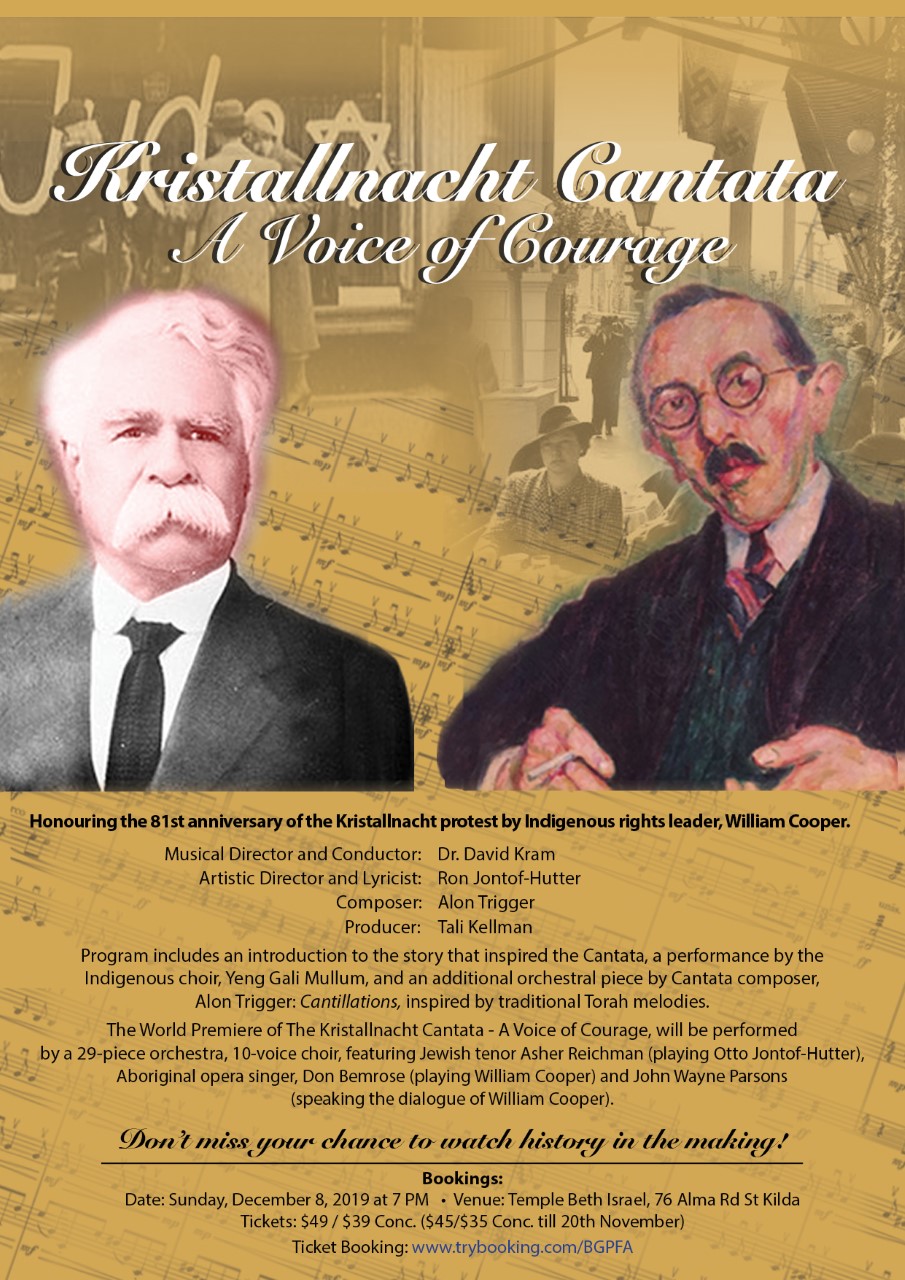
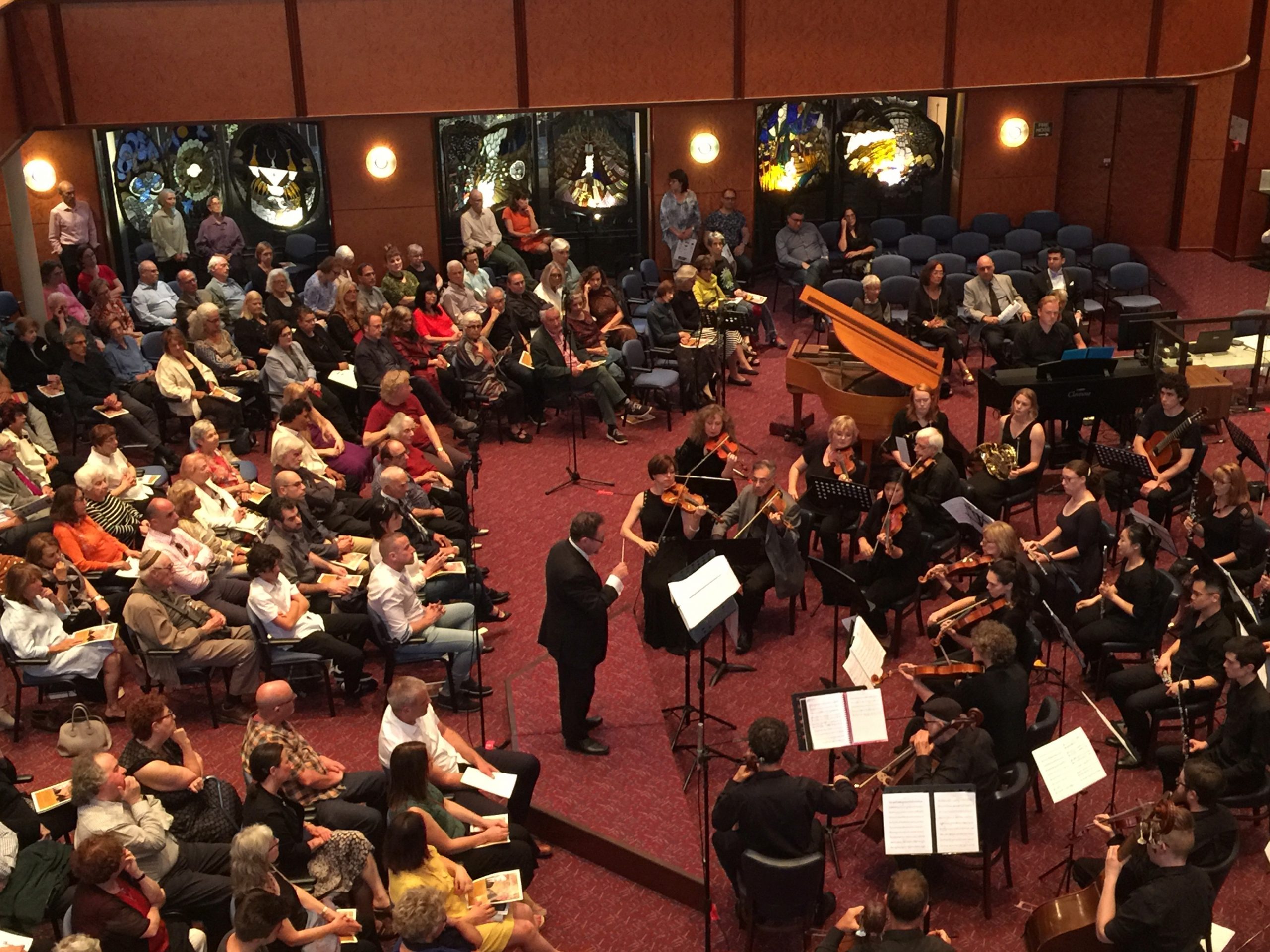
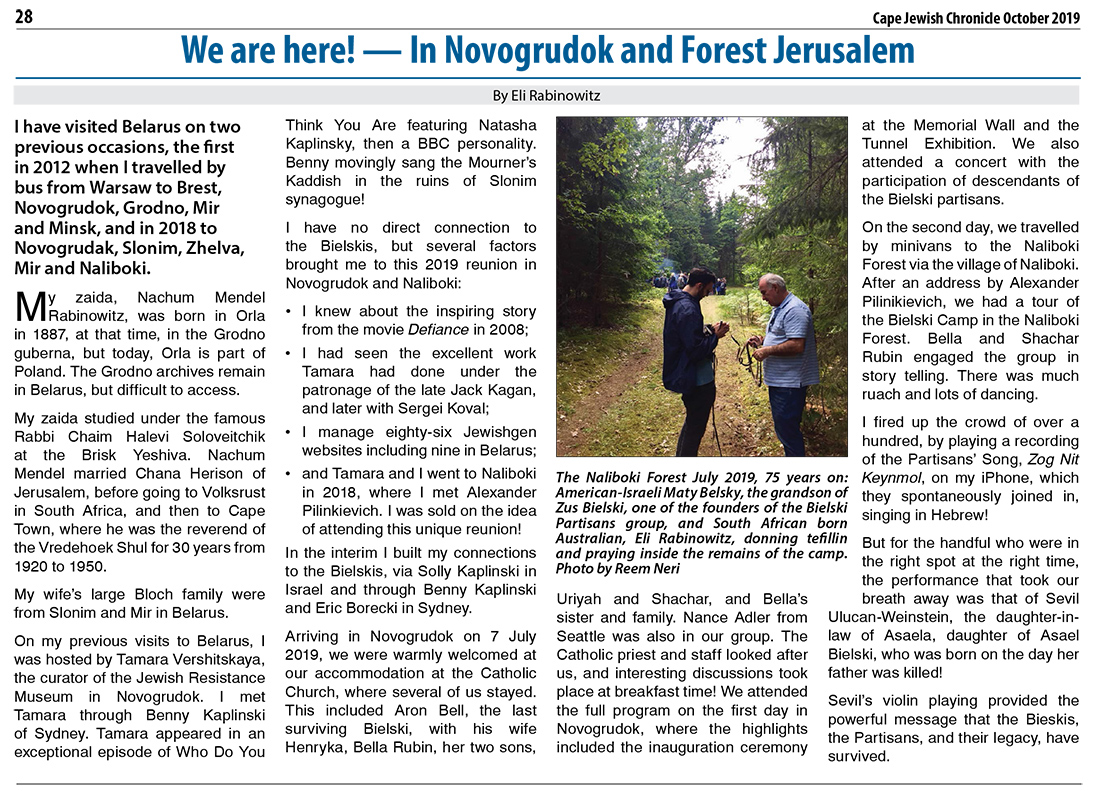


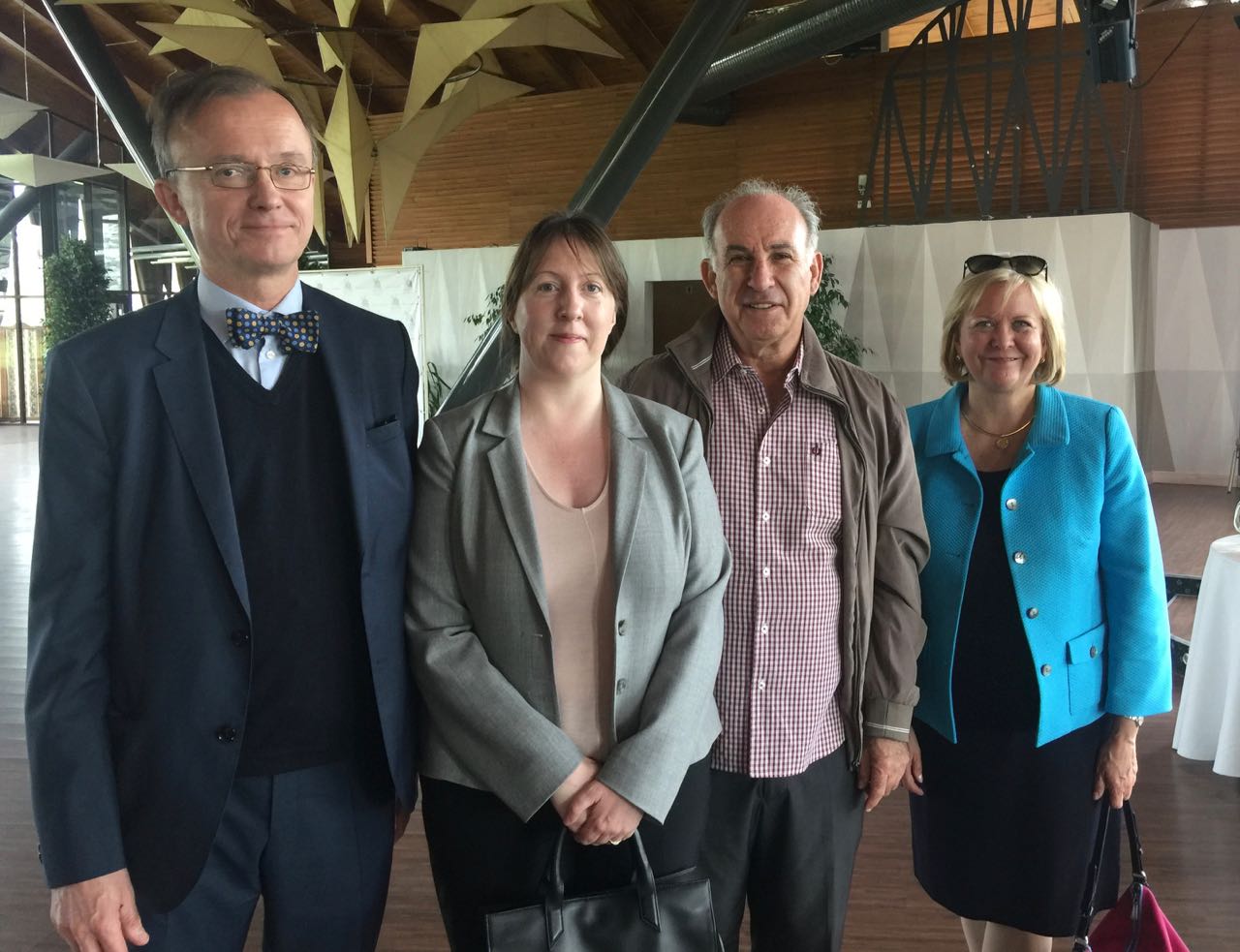








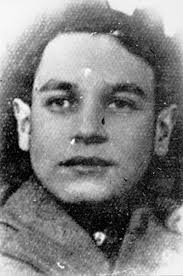
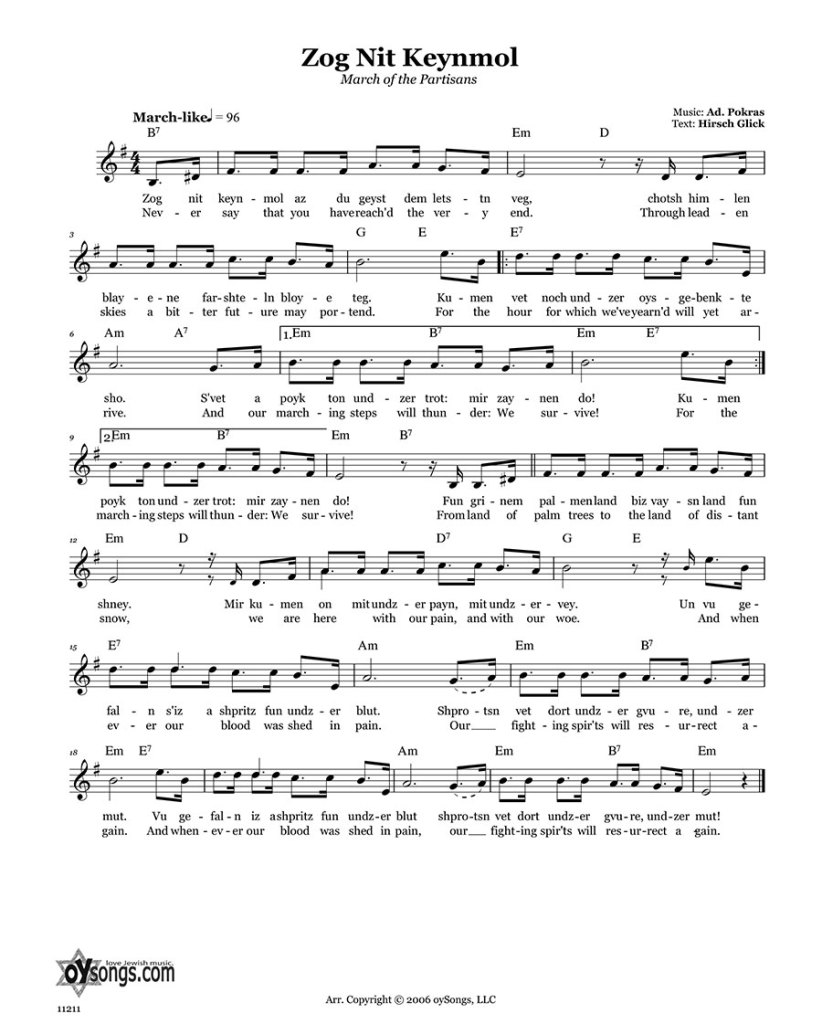


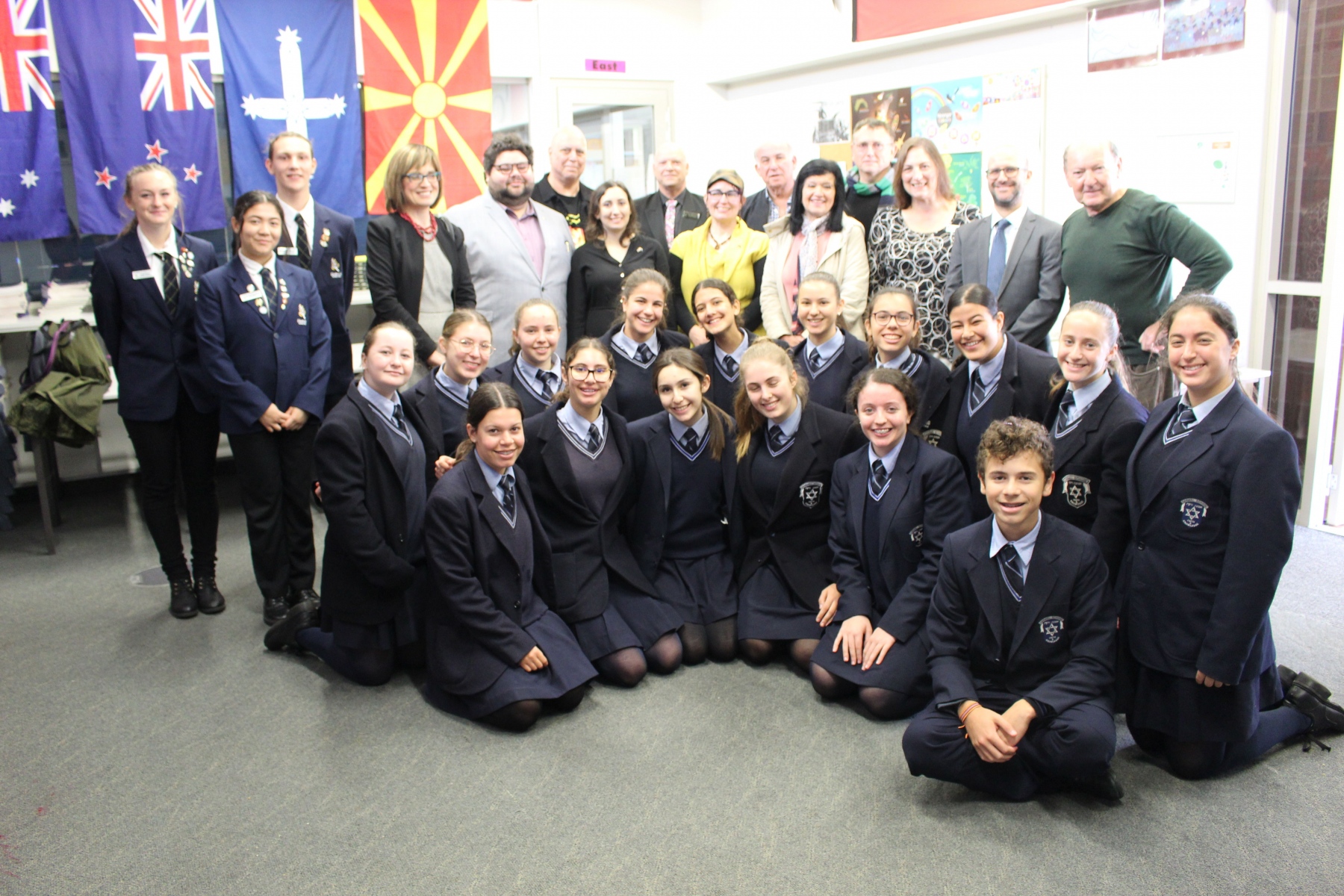 Carmel School welcomed at Ellenbrook Secondary College
Carmel School welcomed at Ellenbrook Secondary College